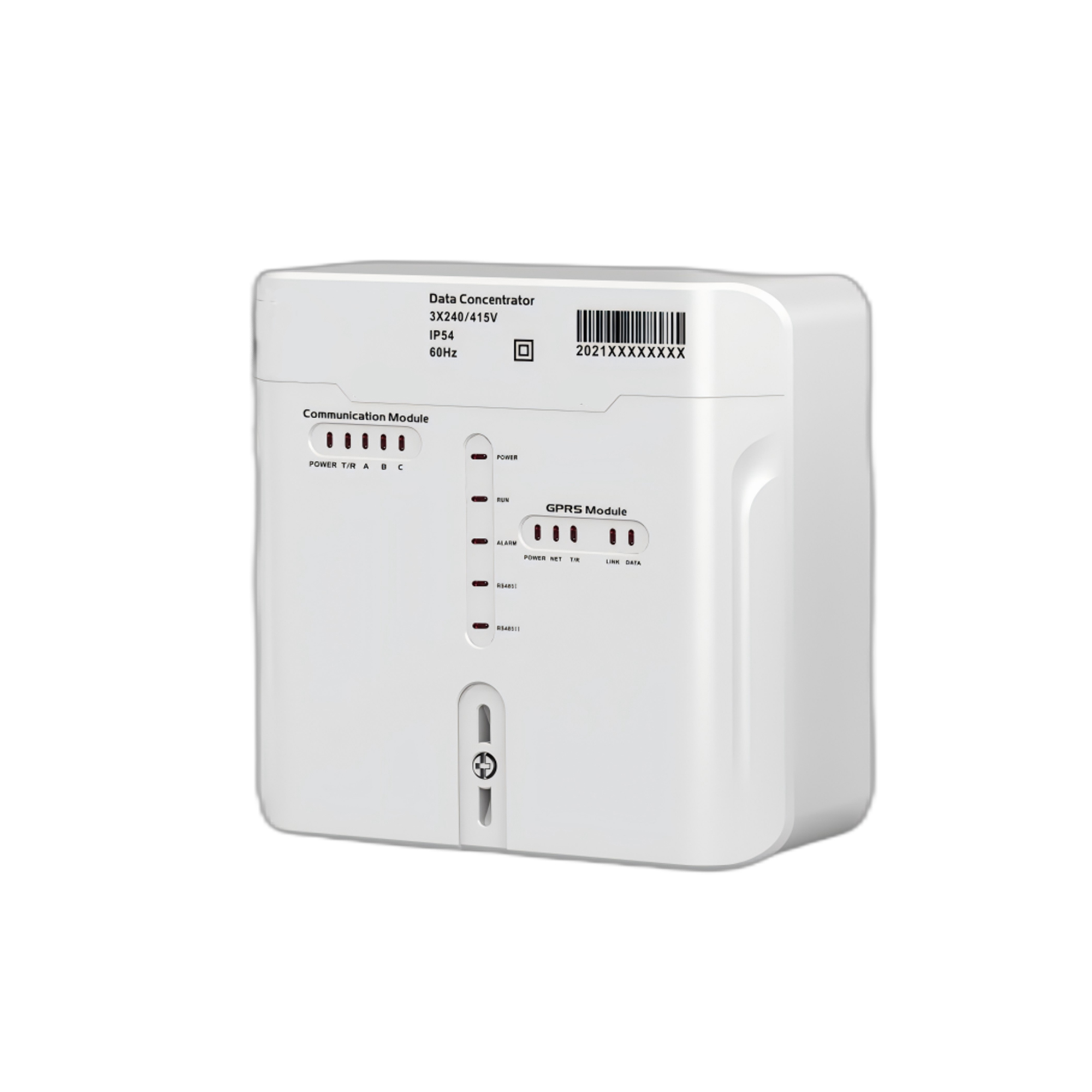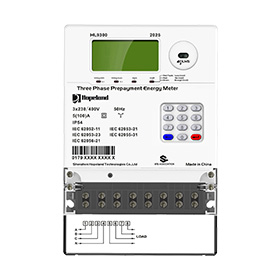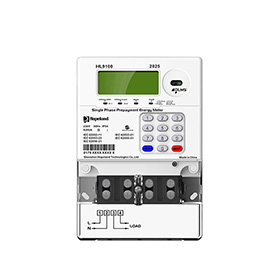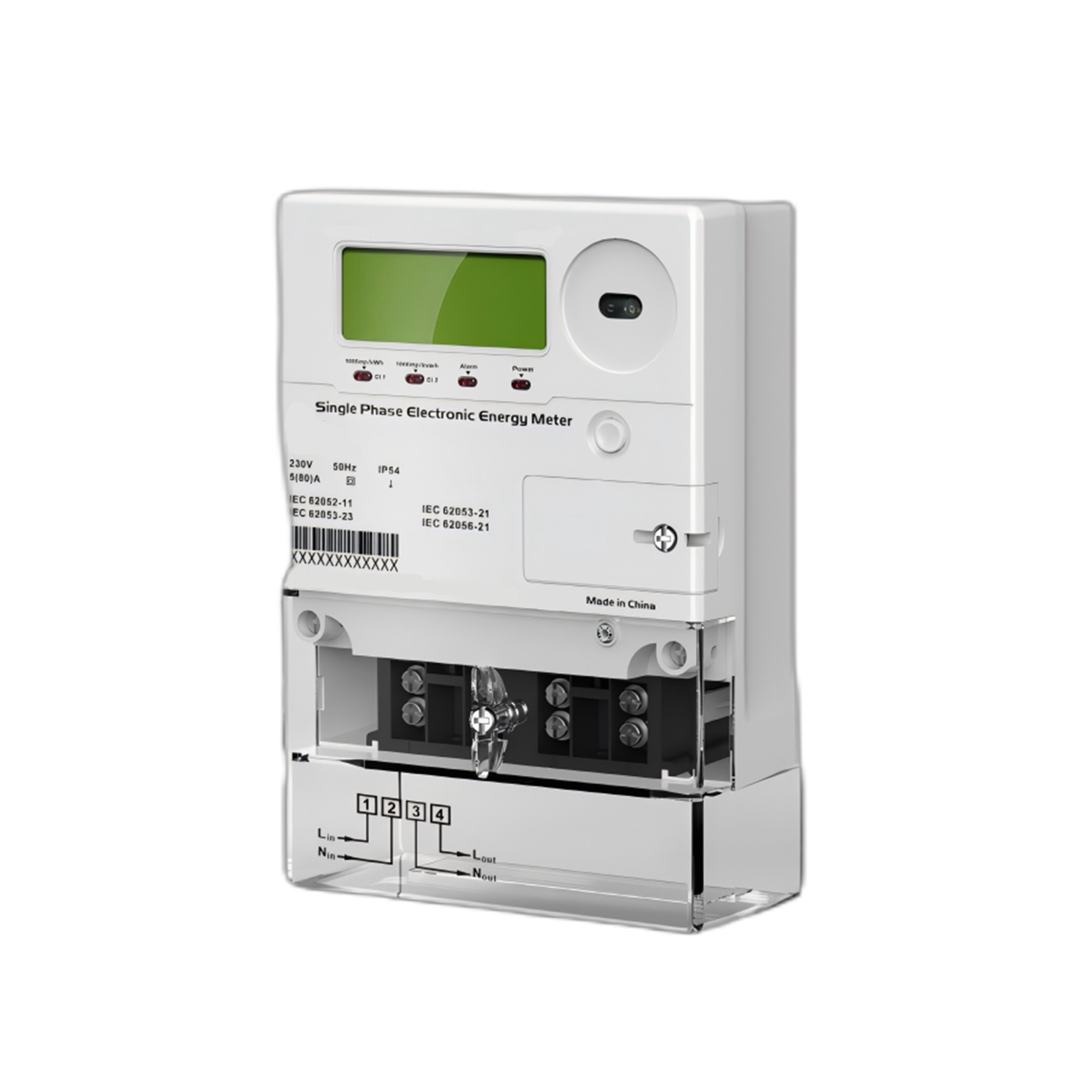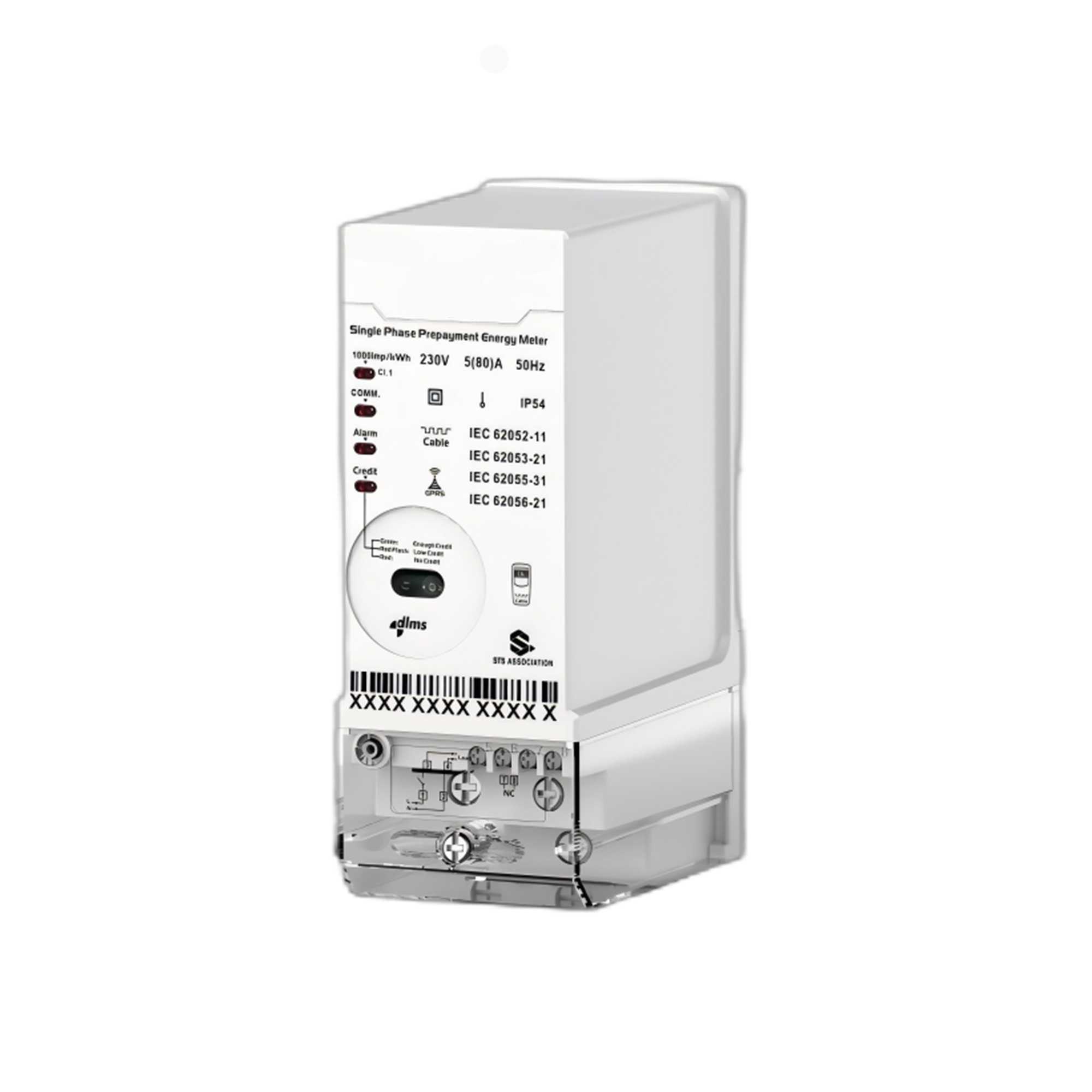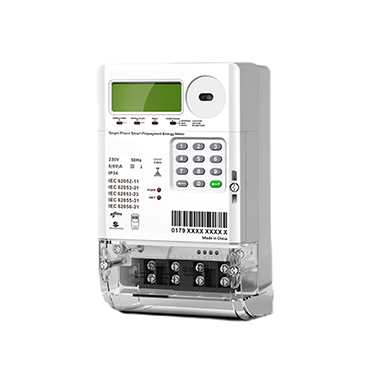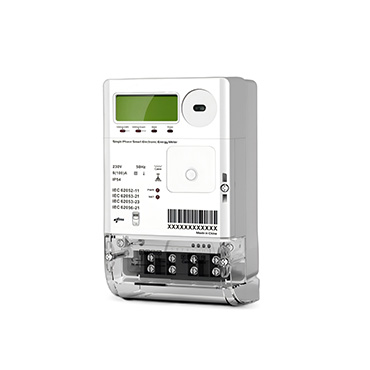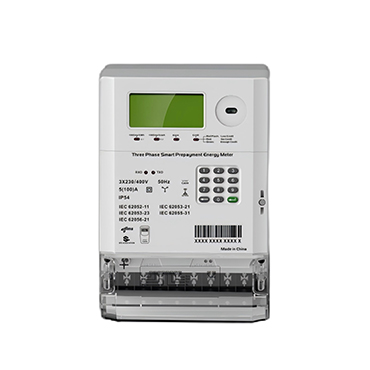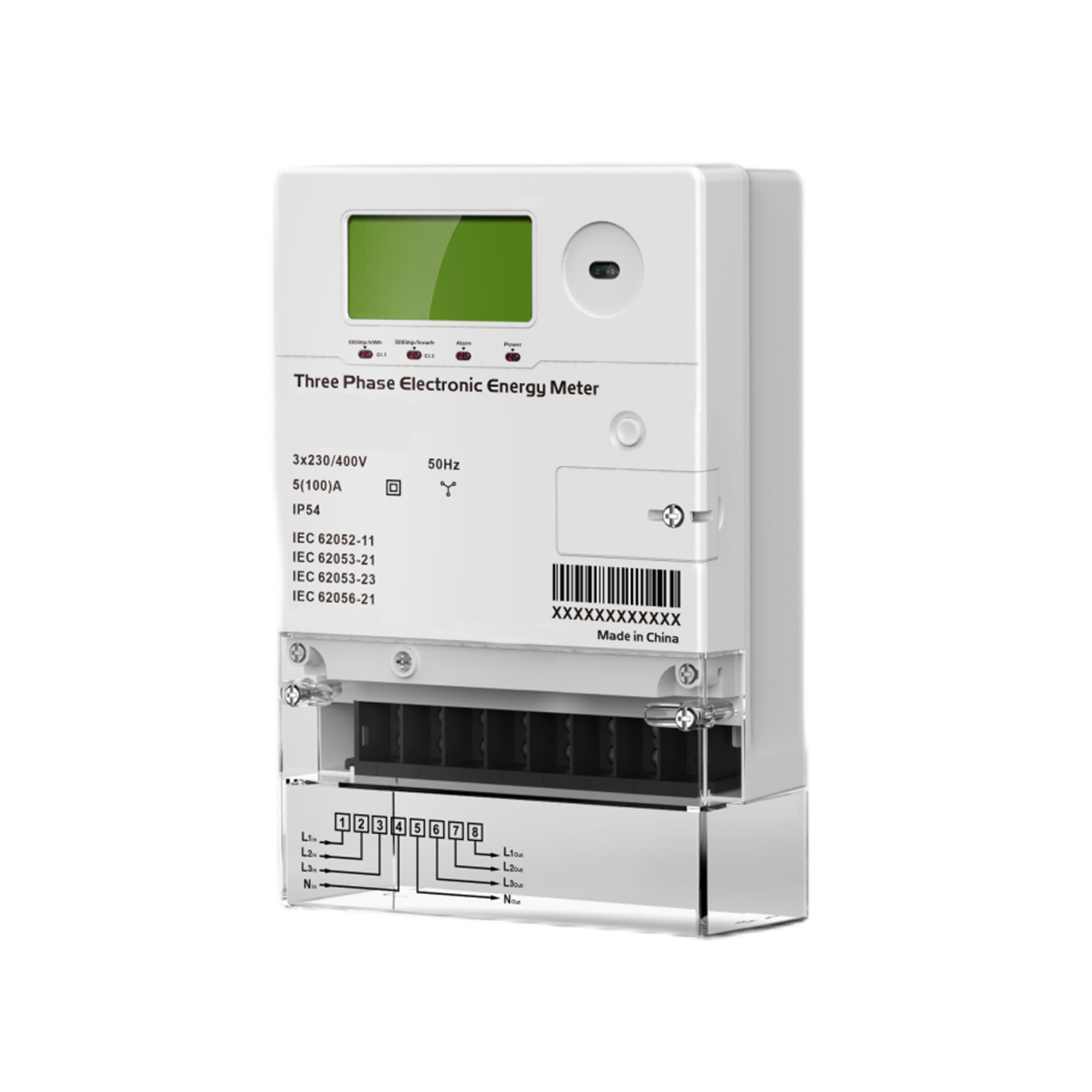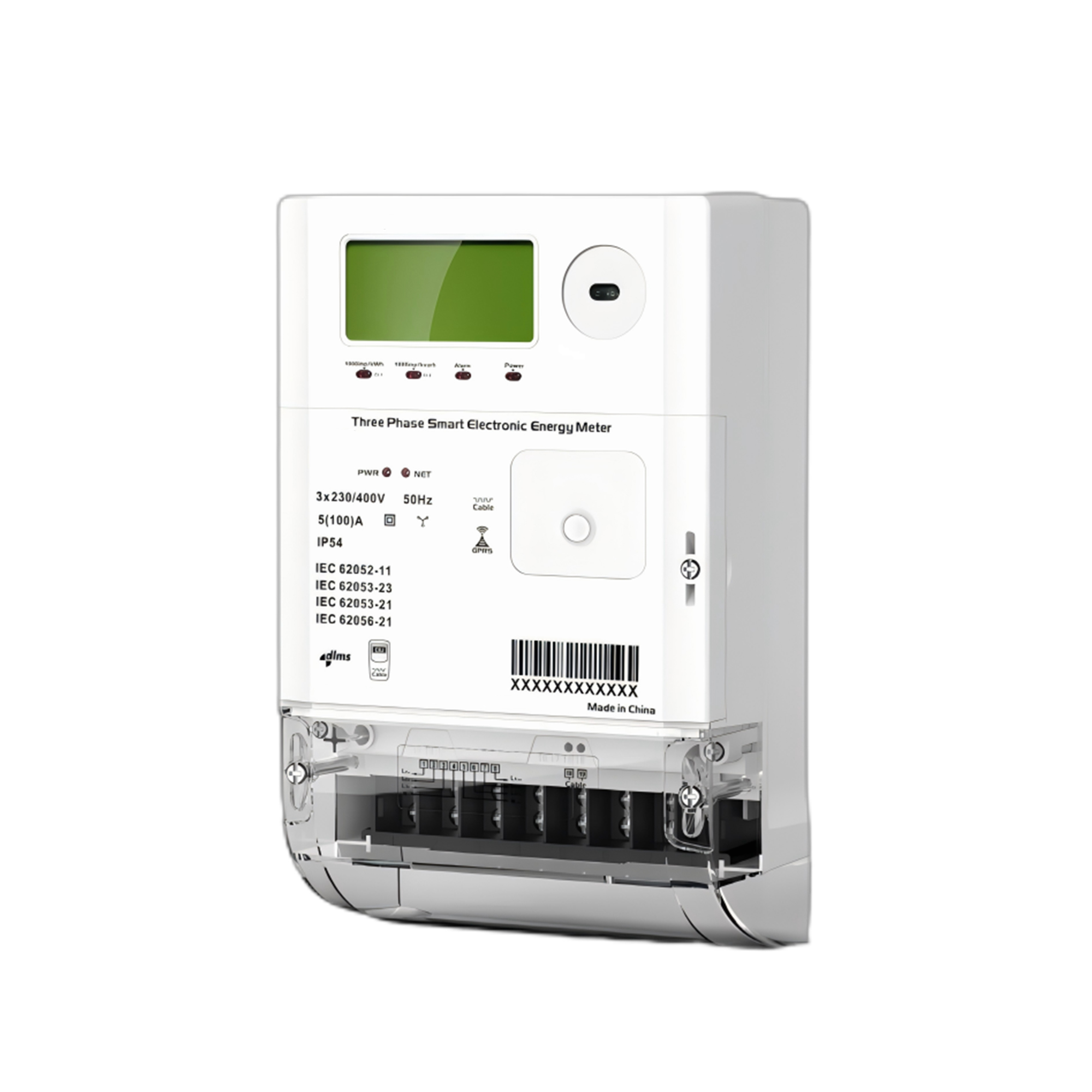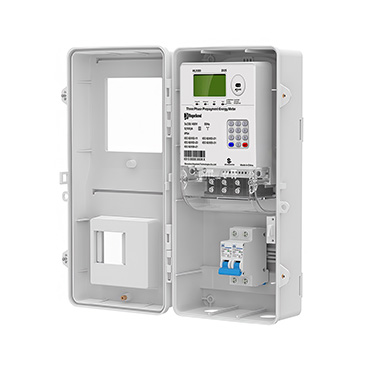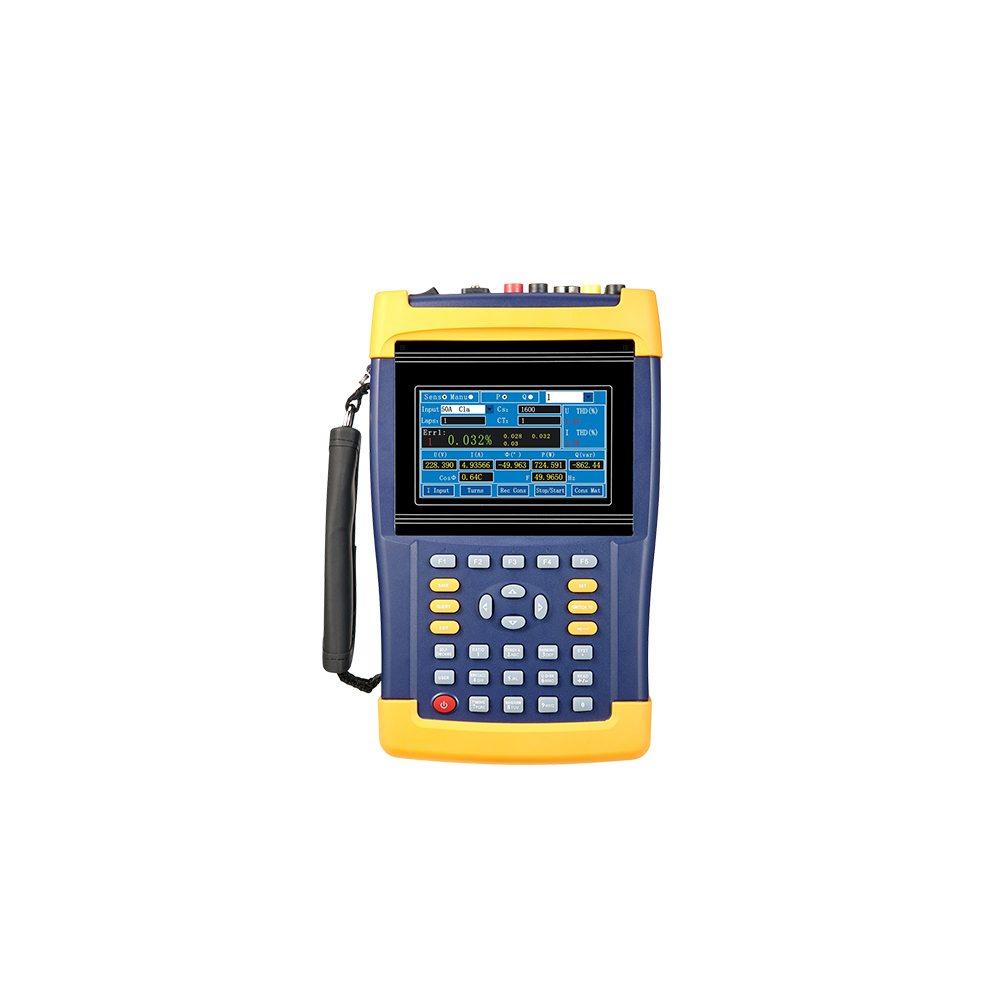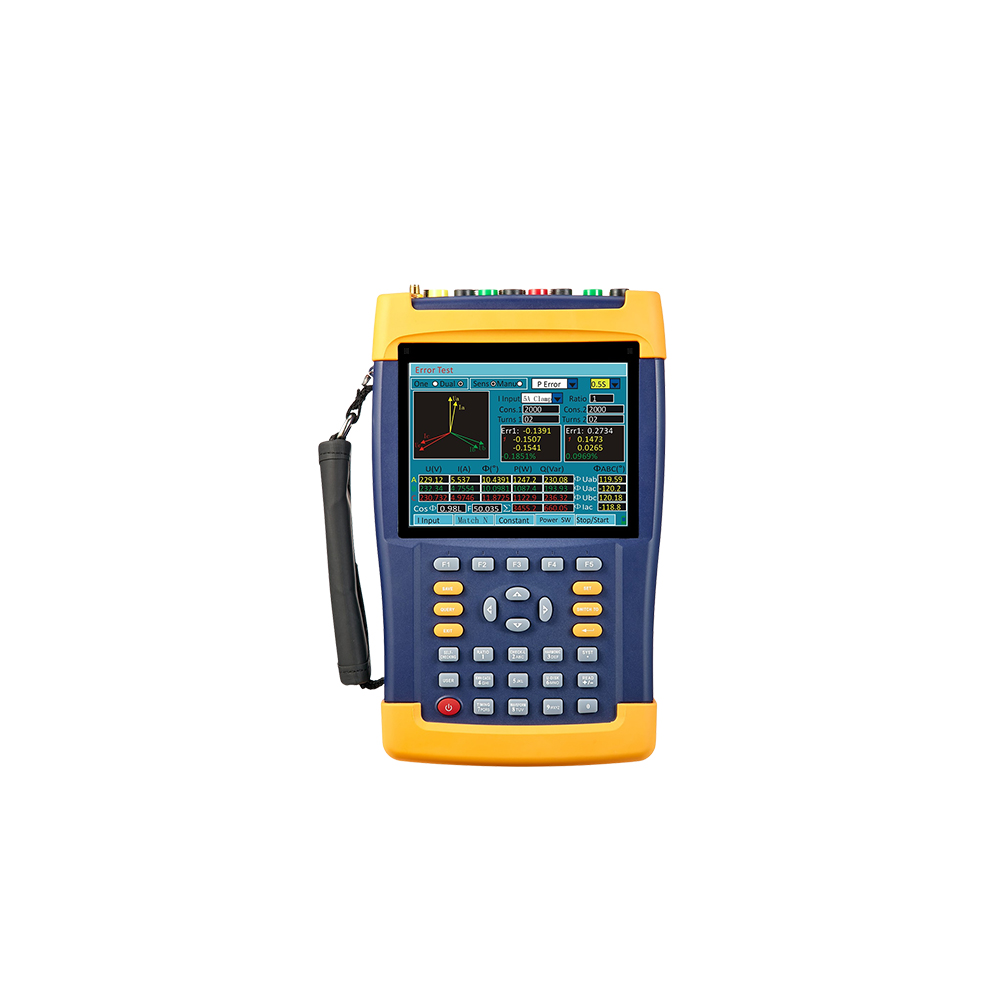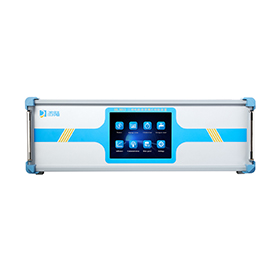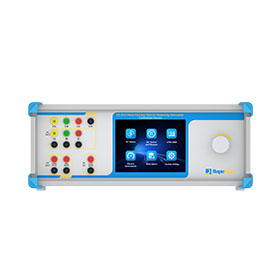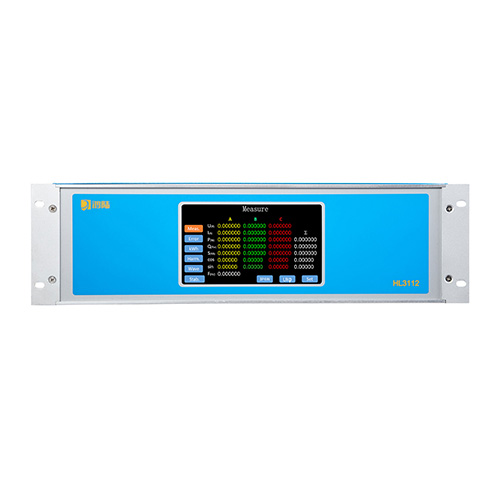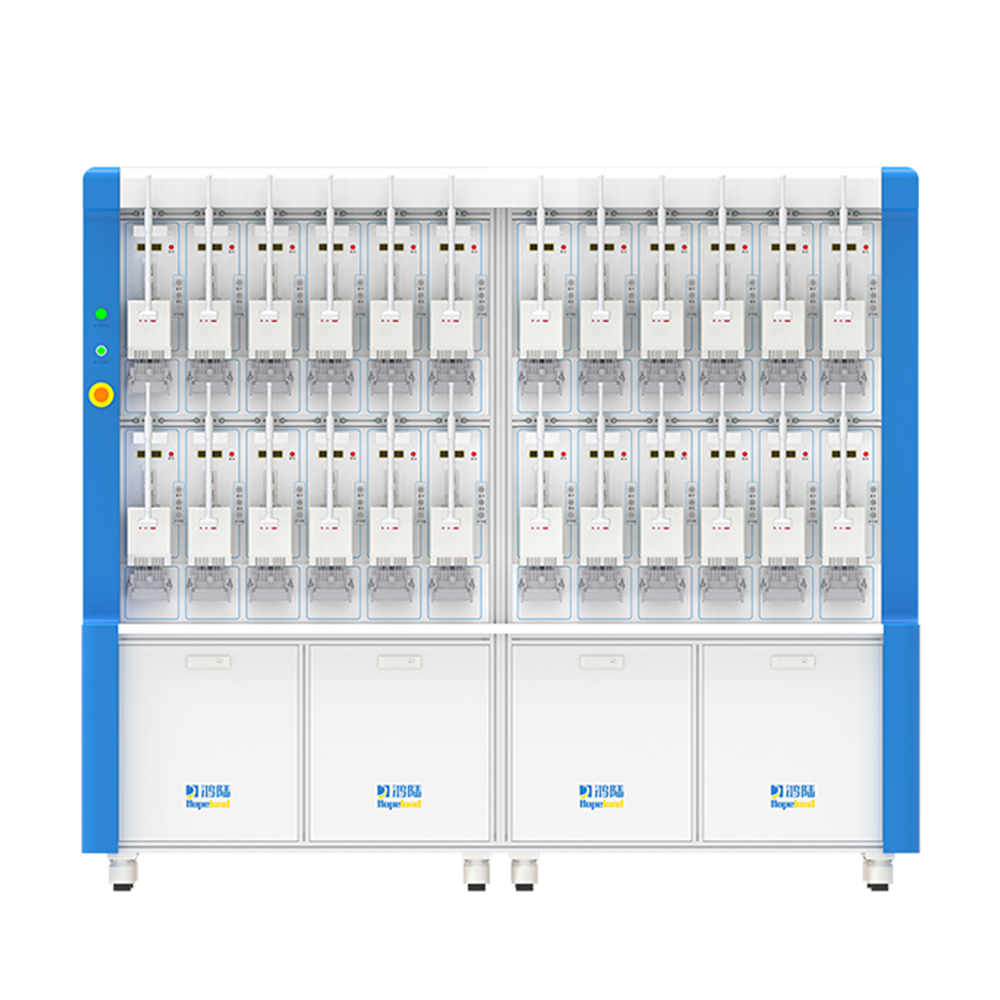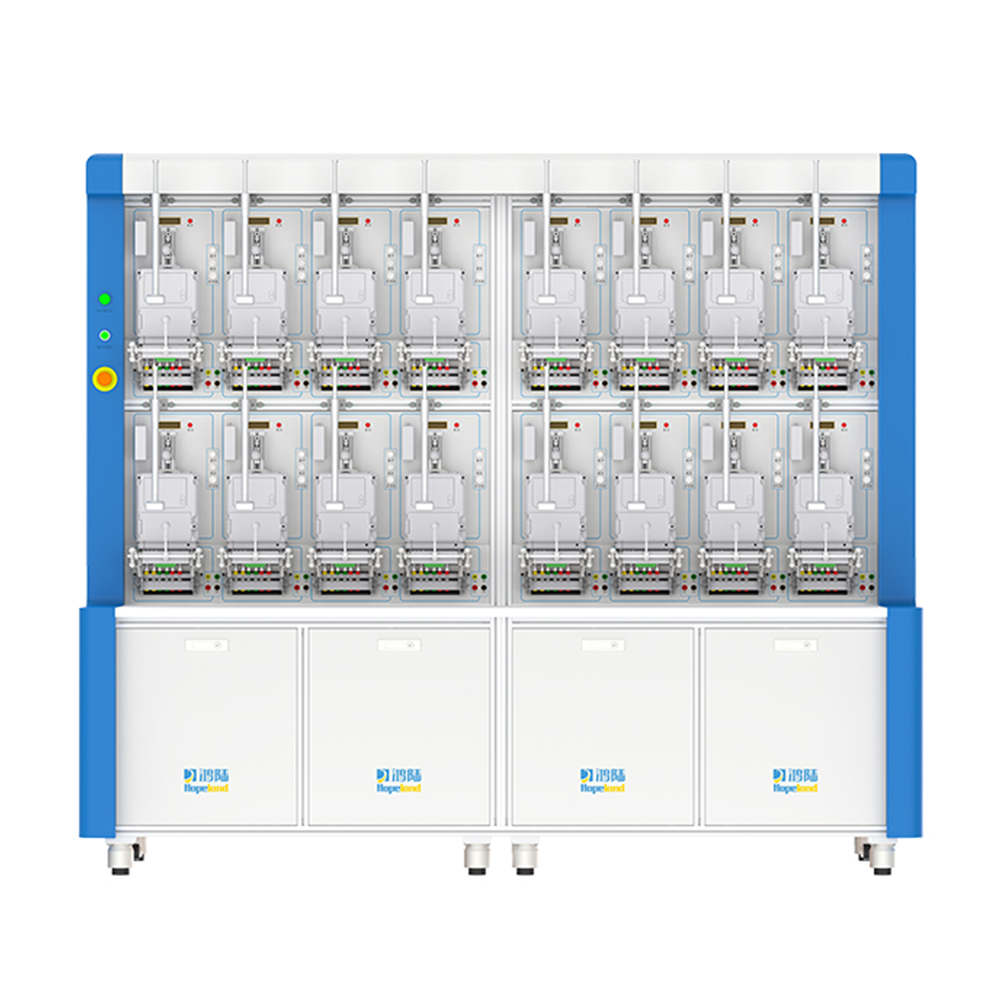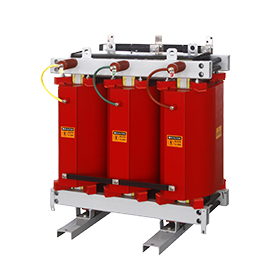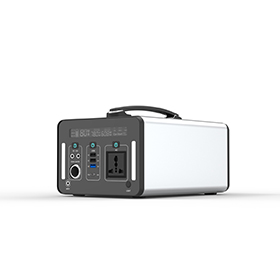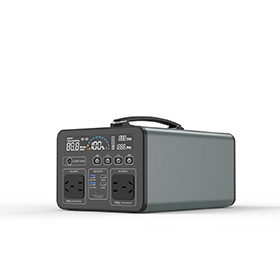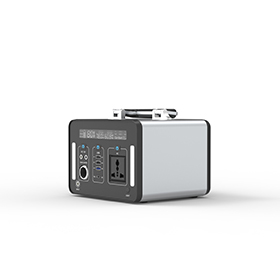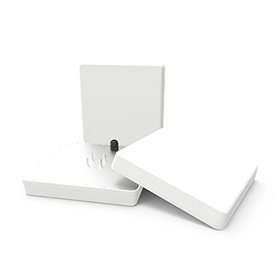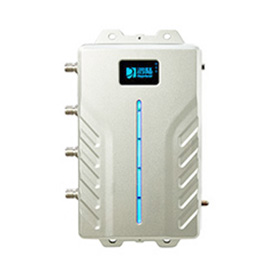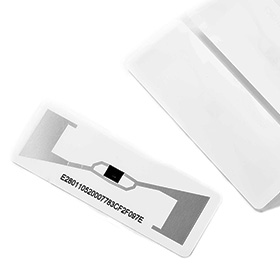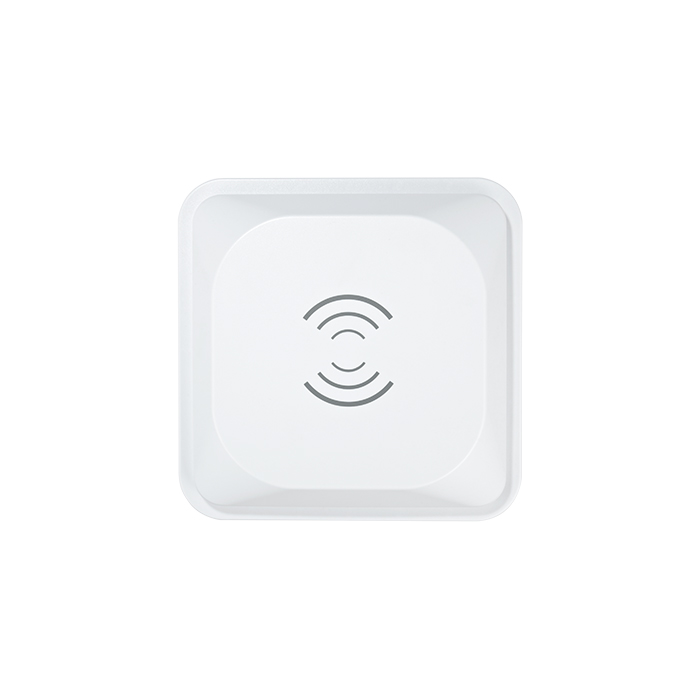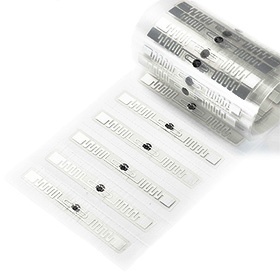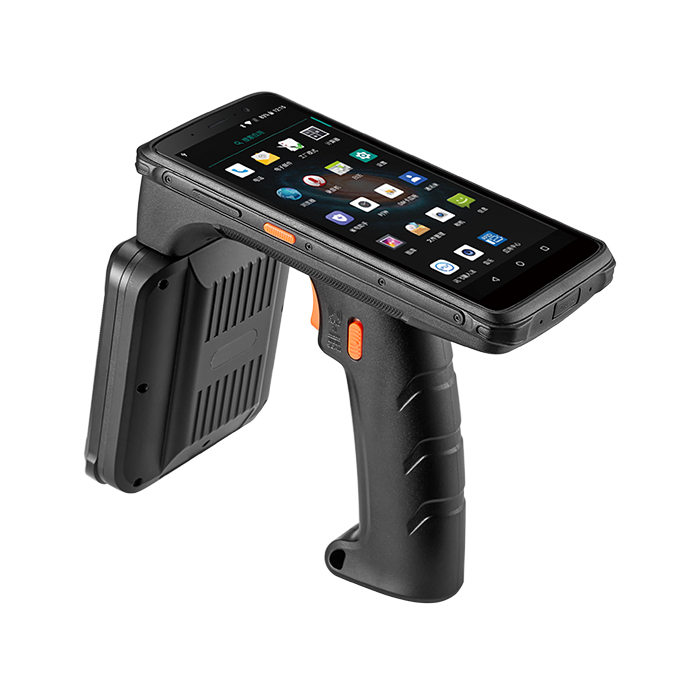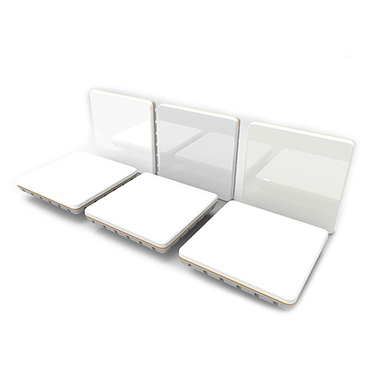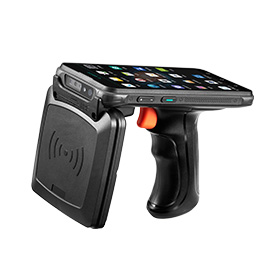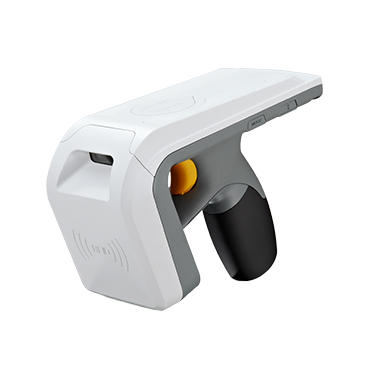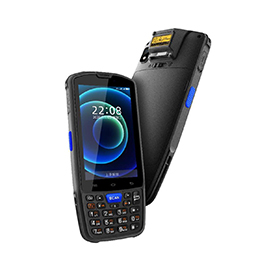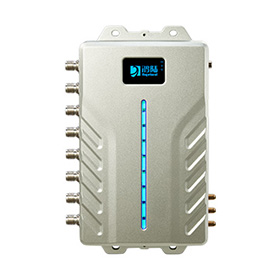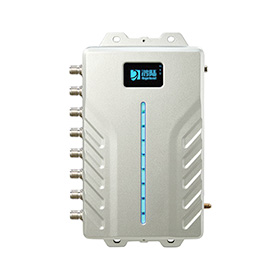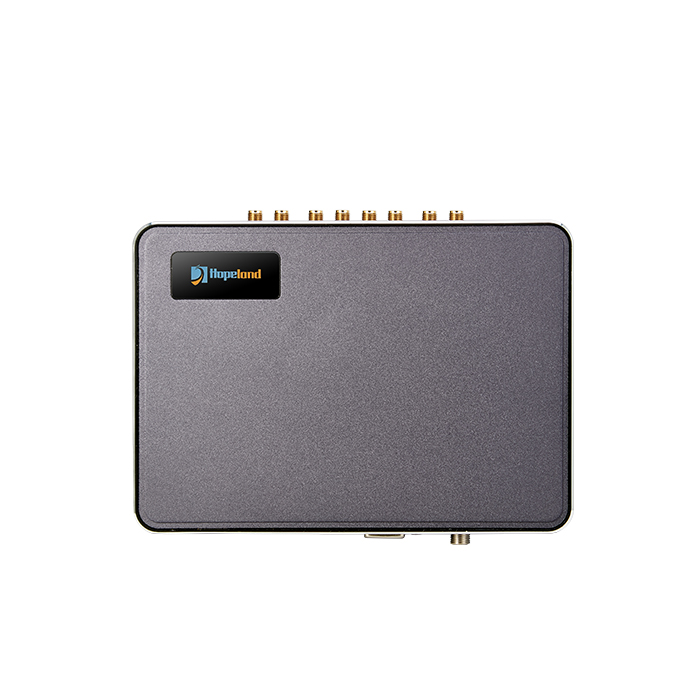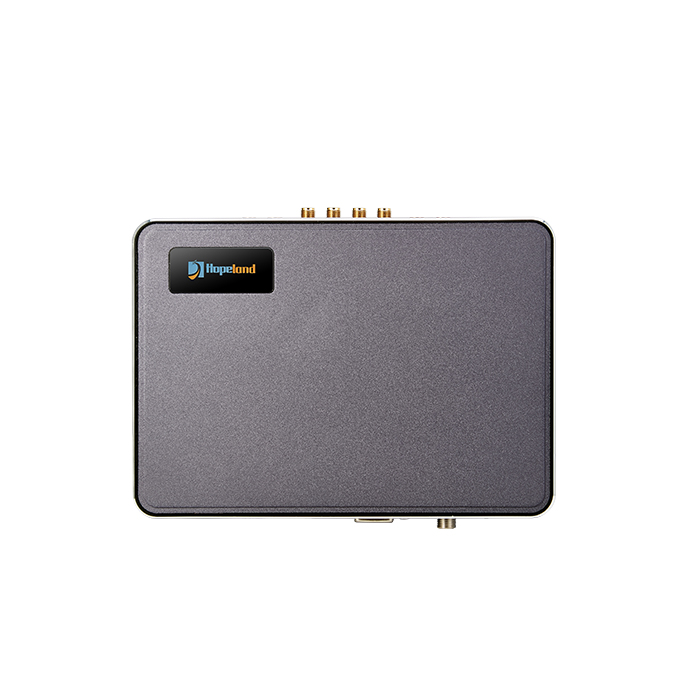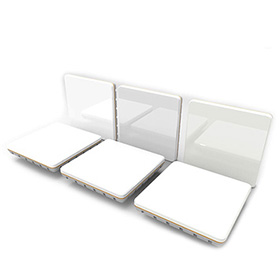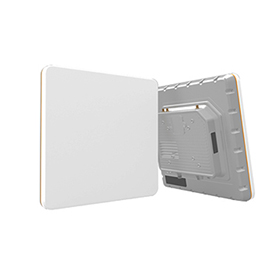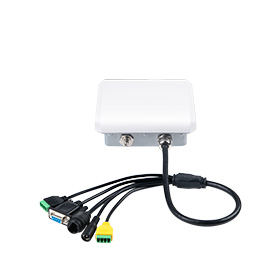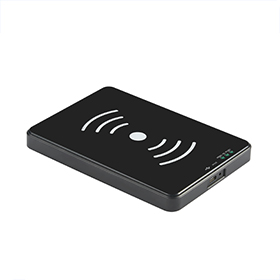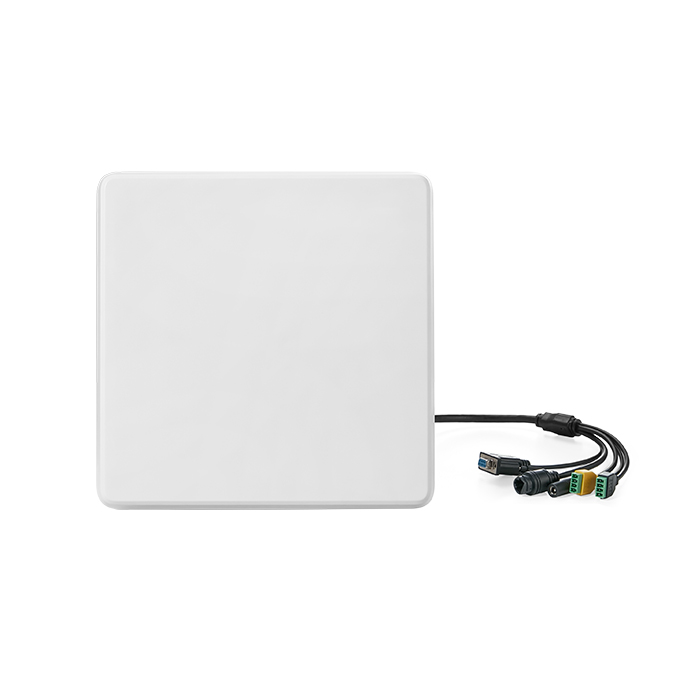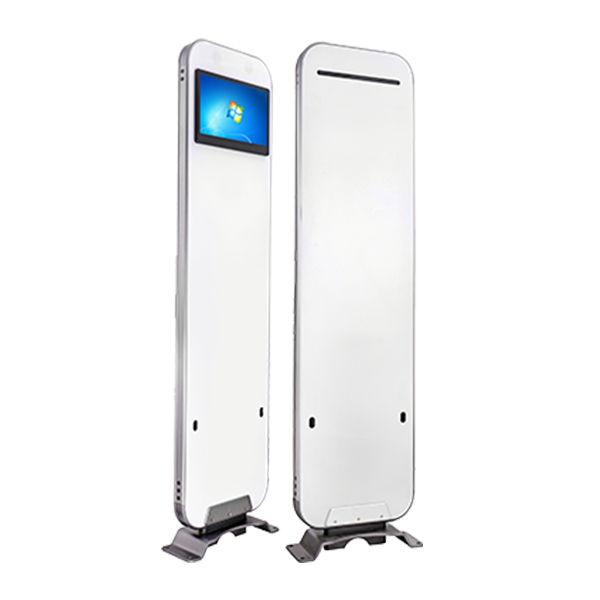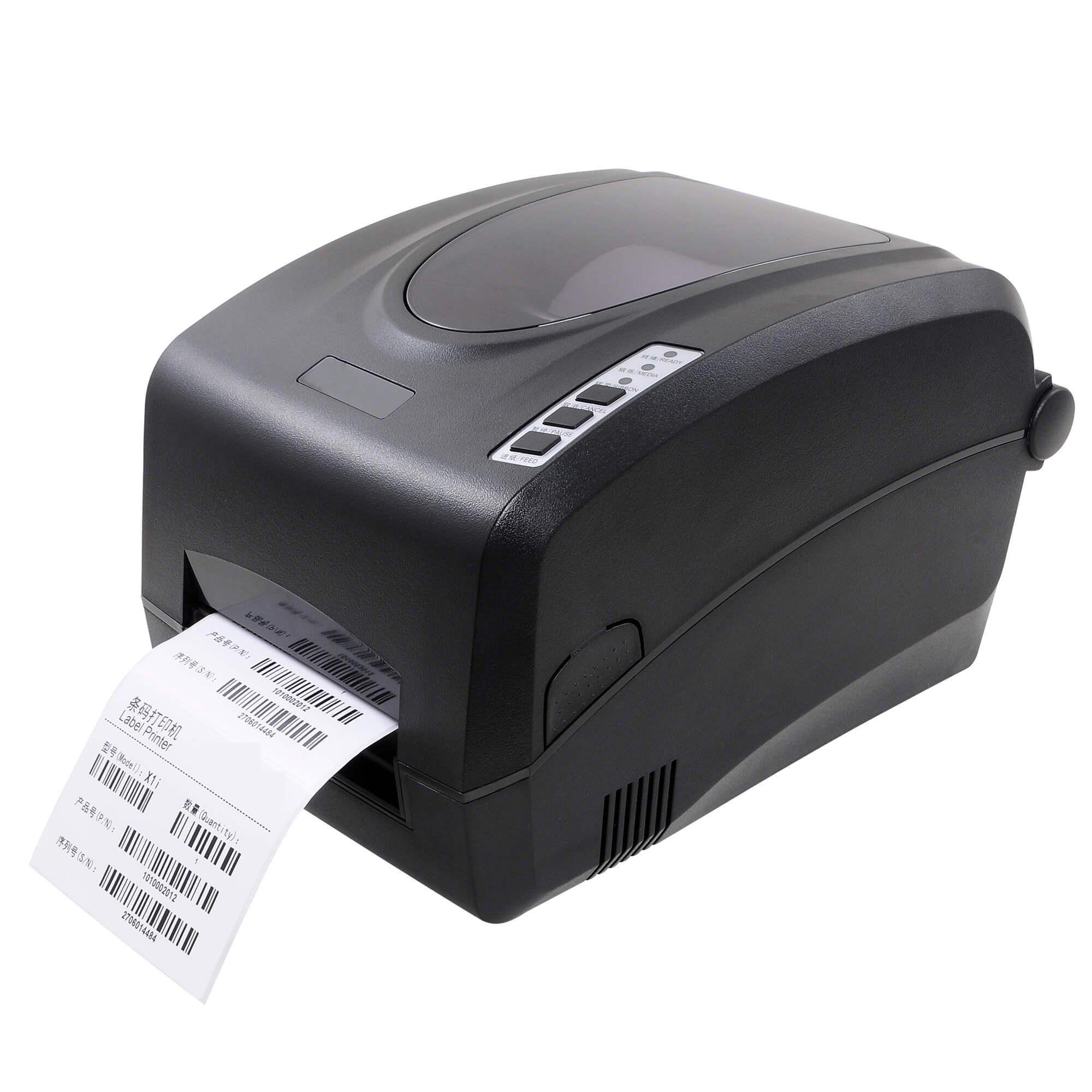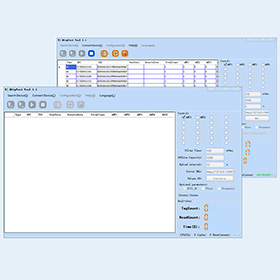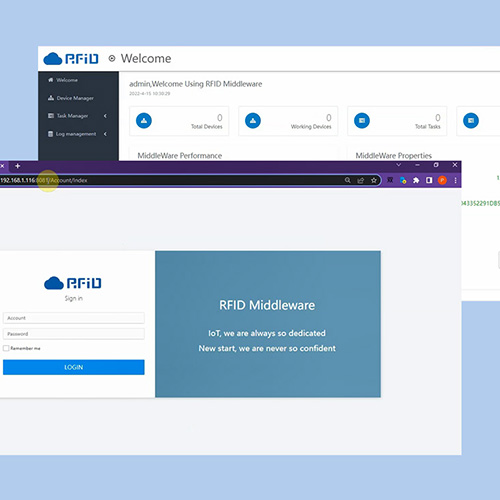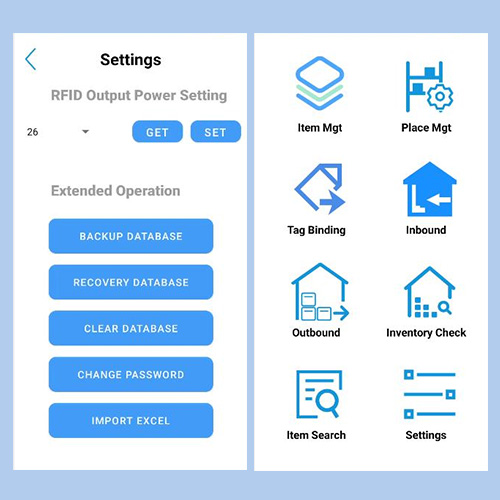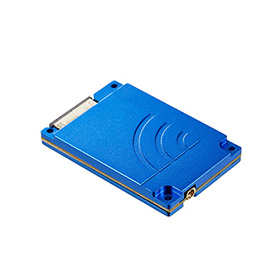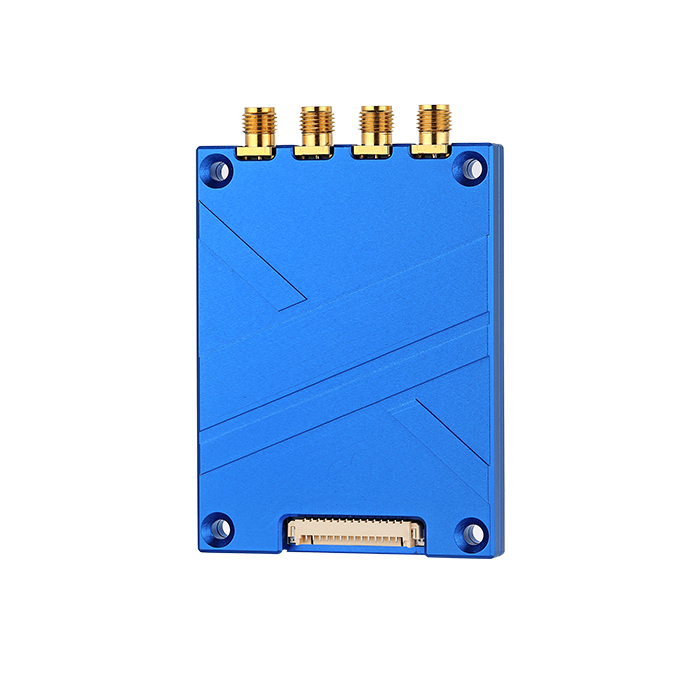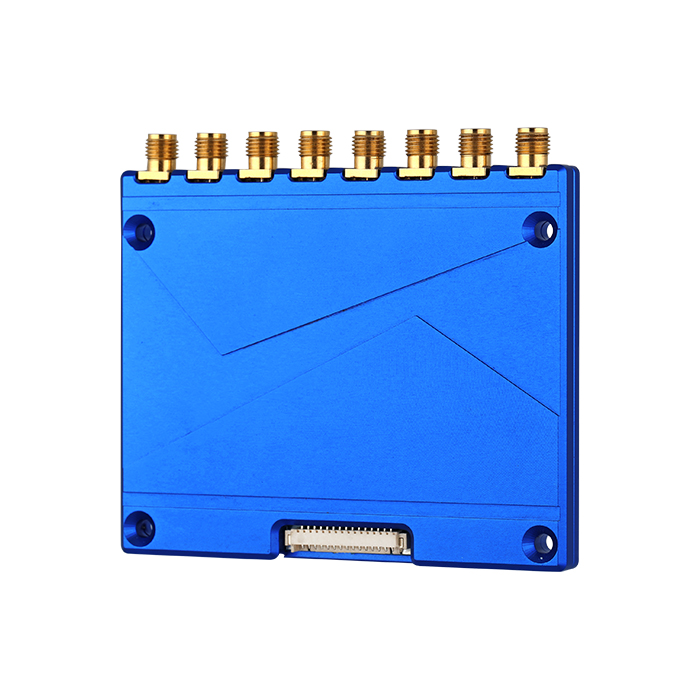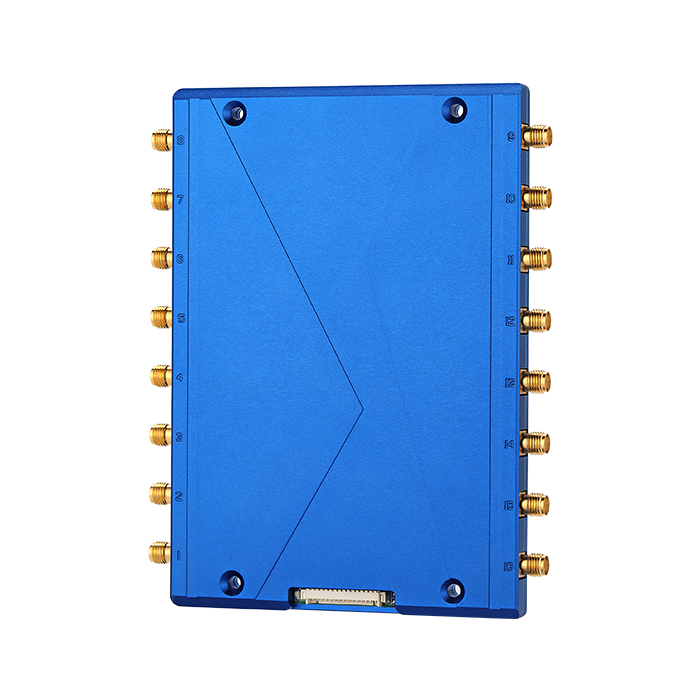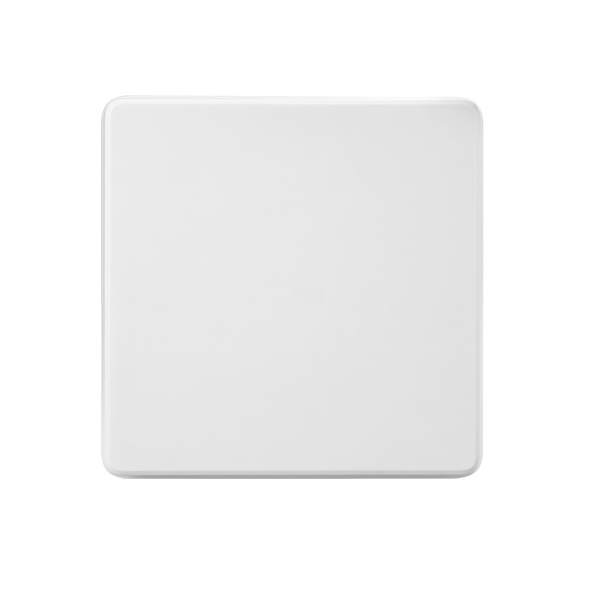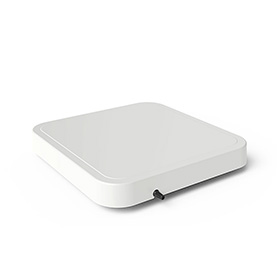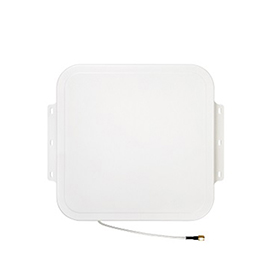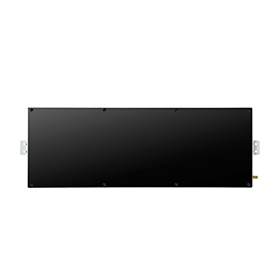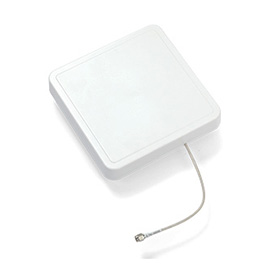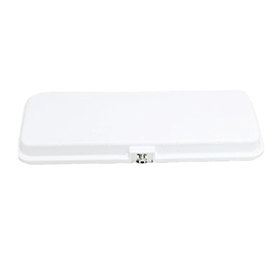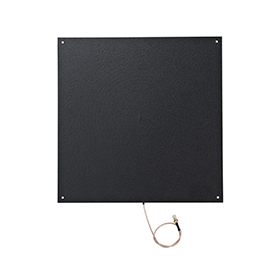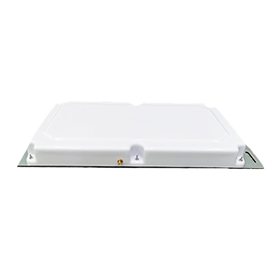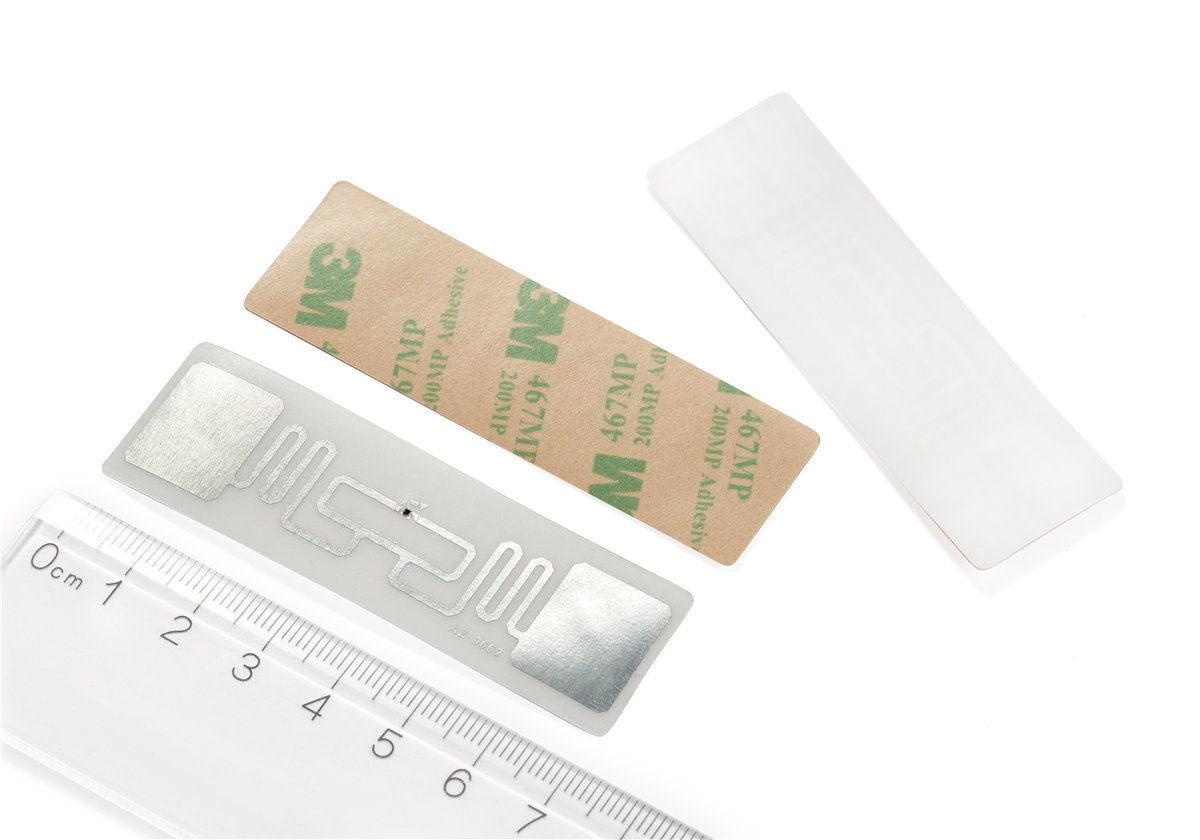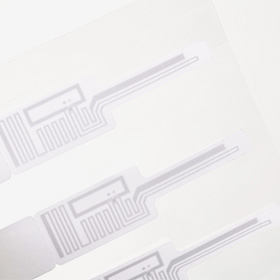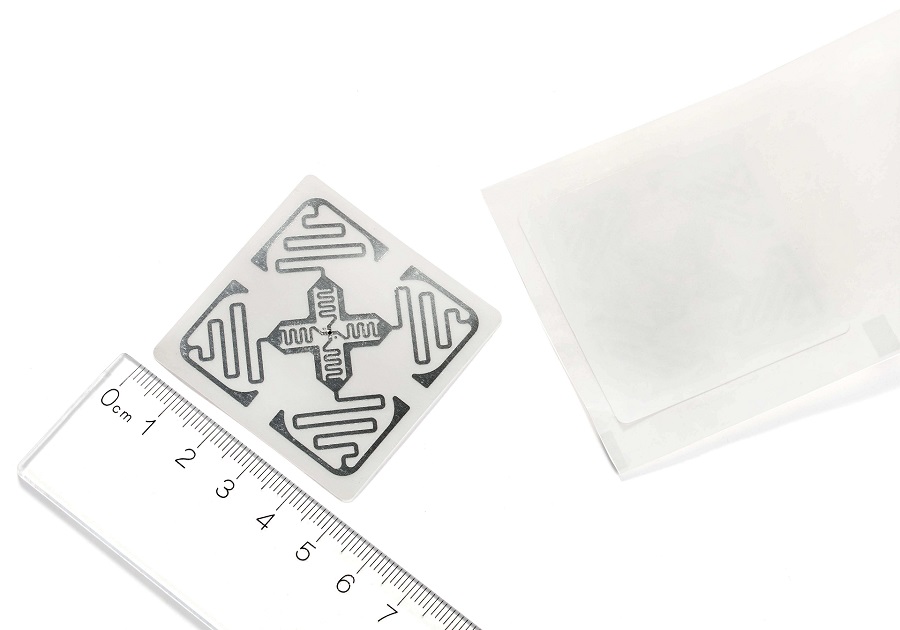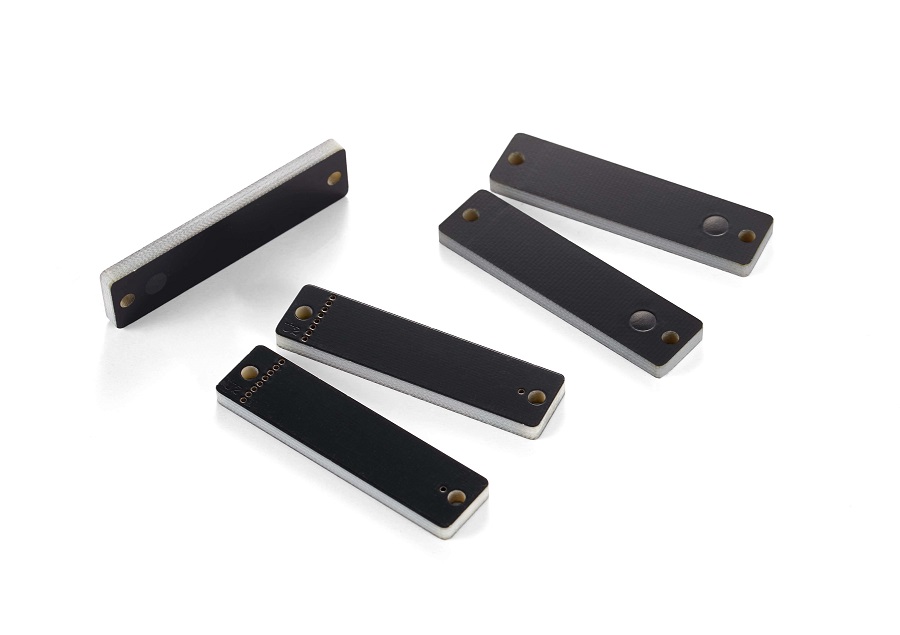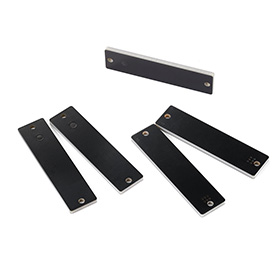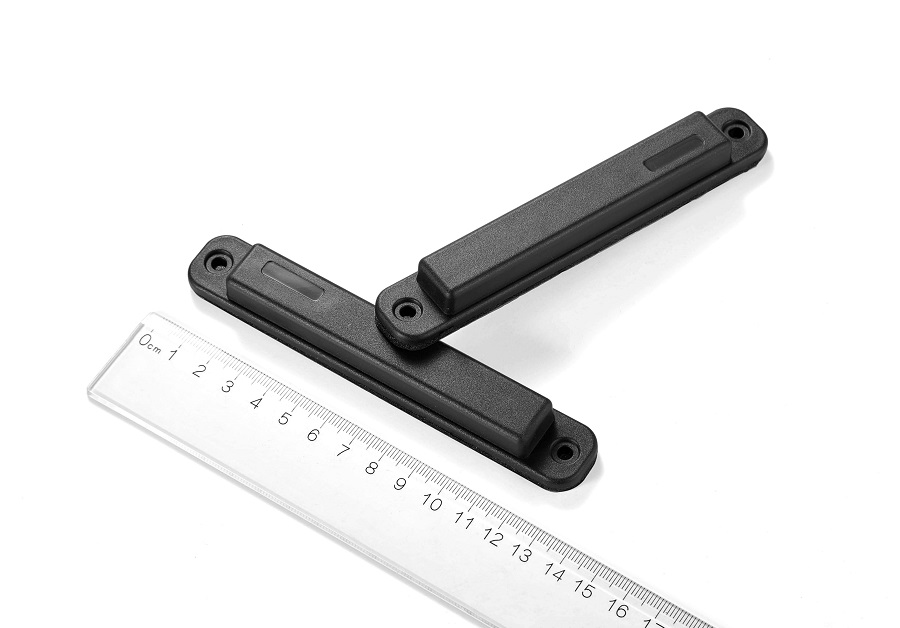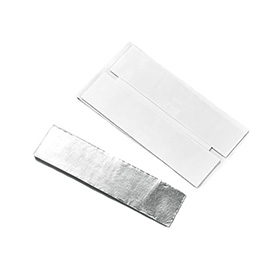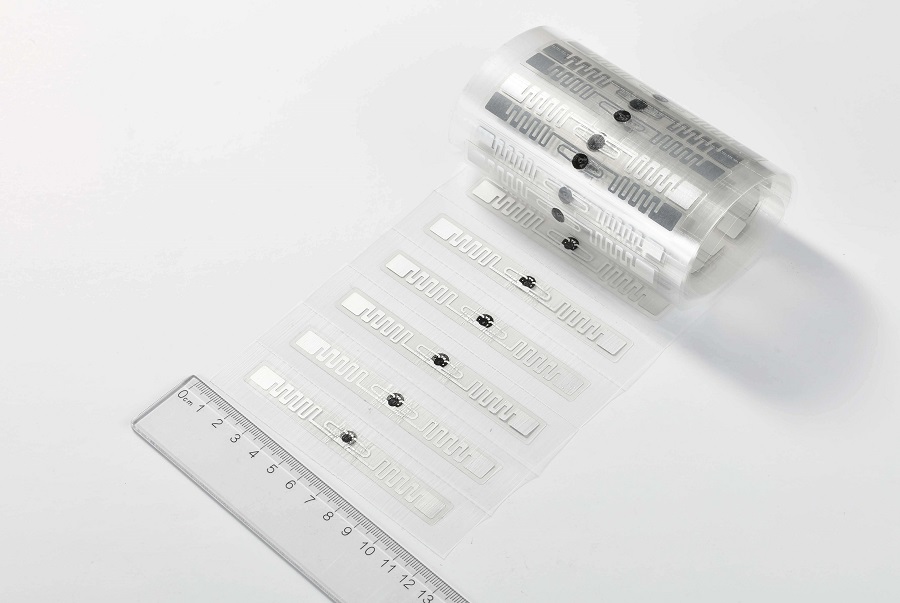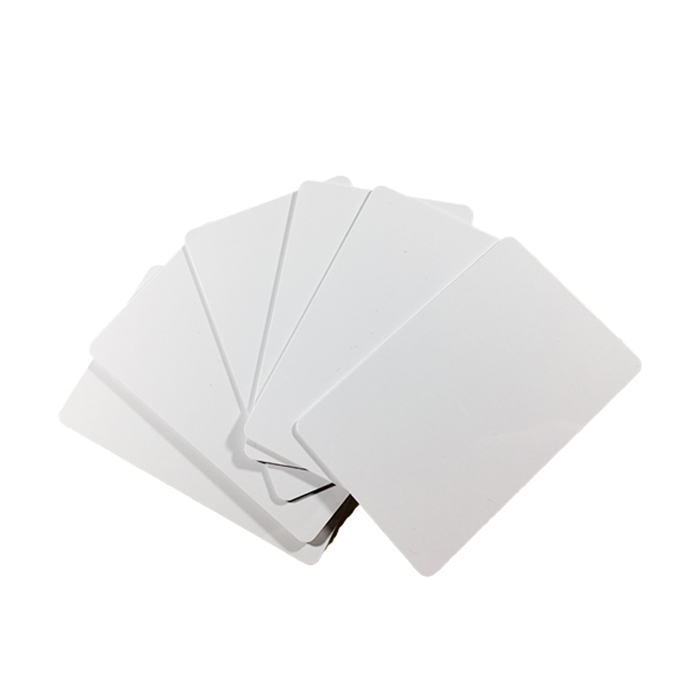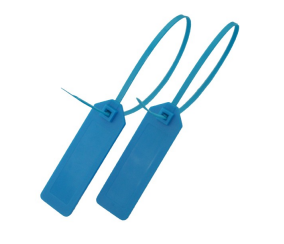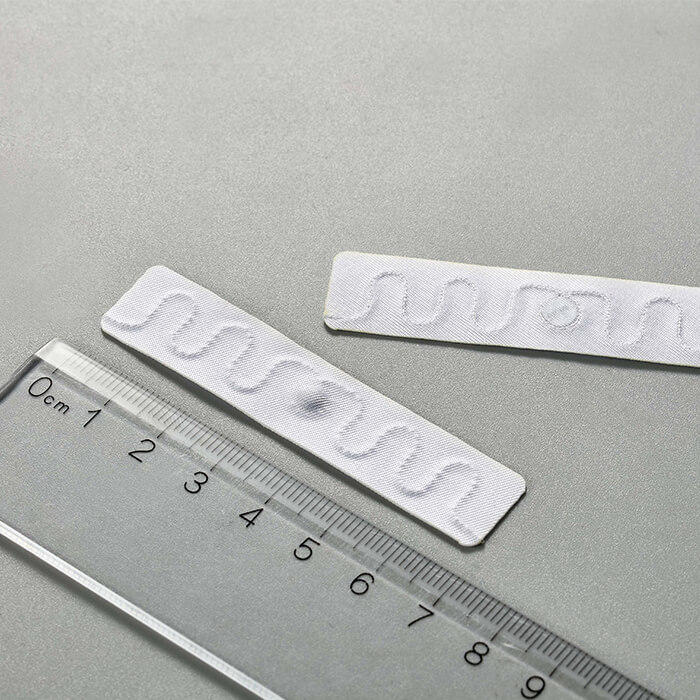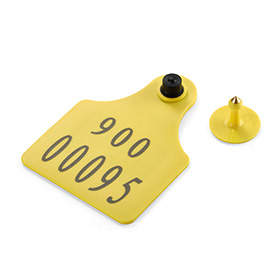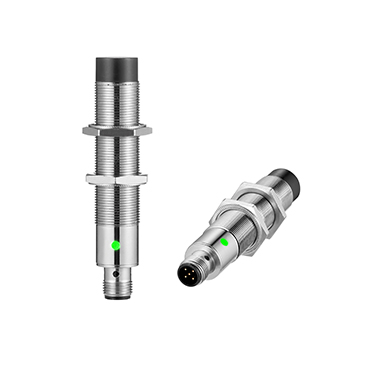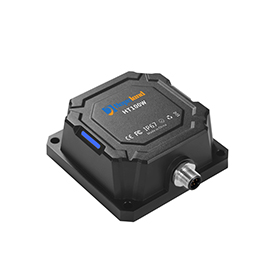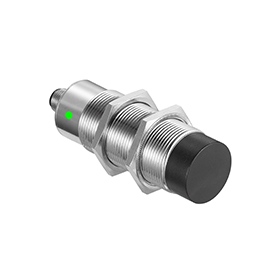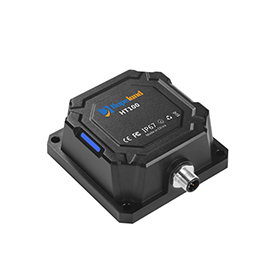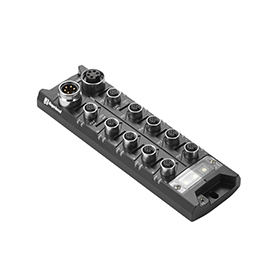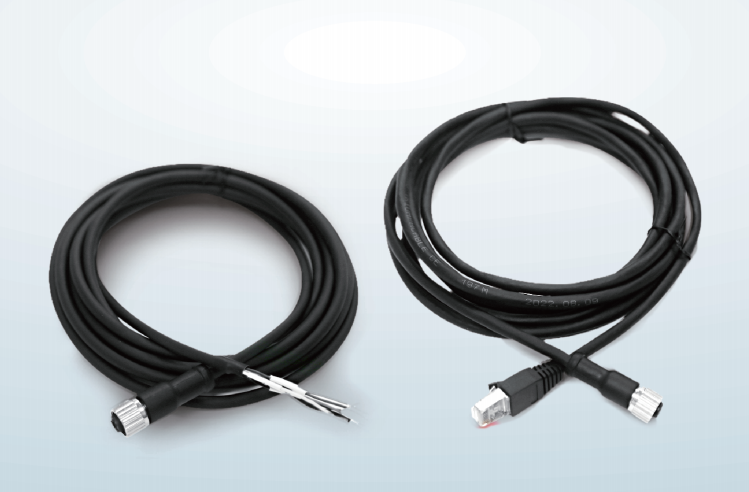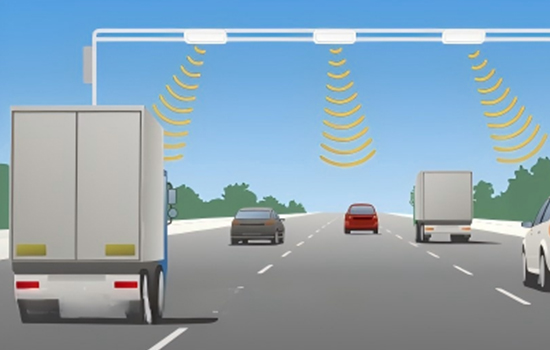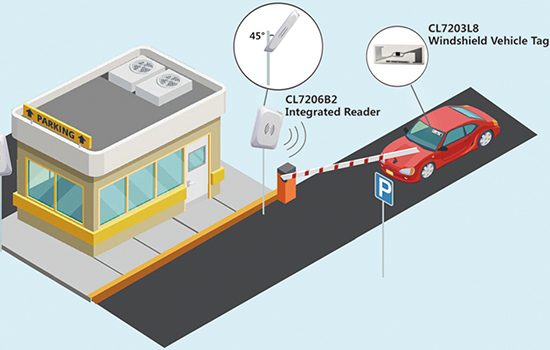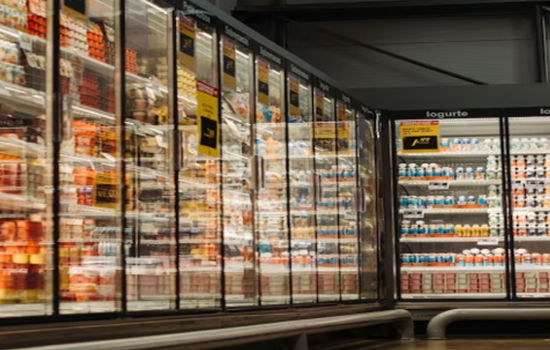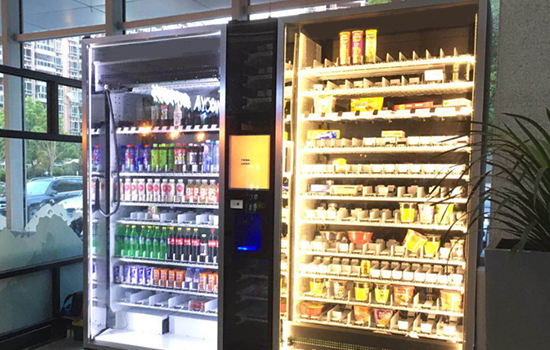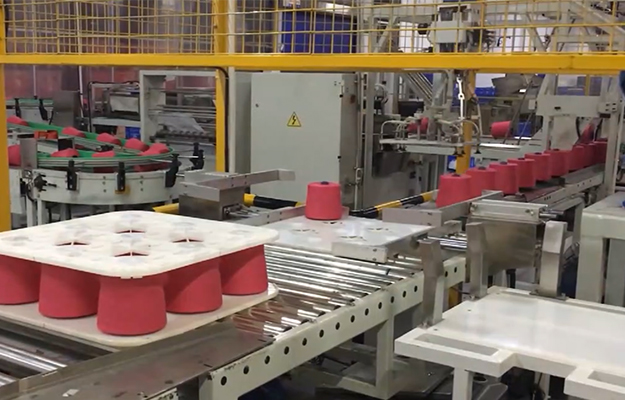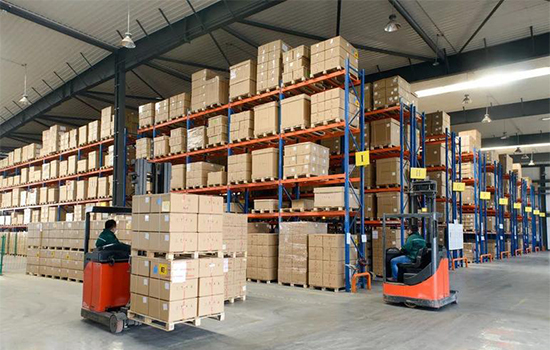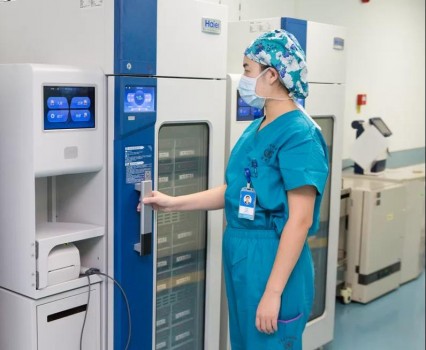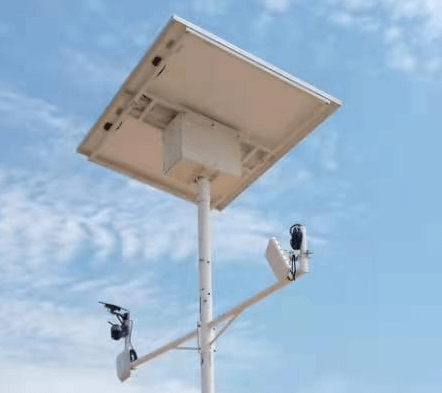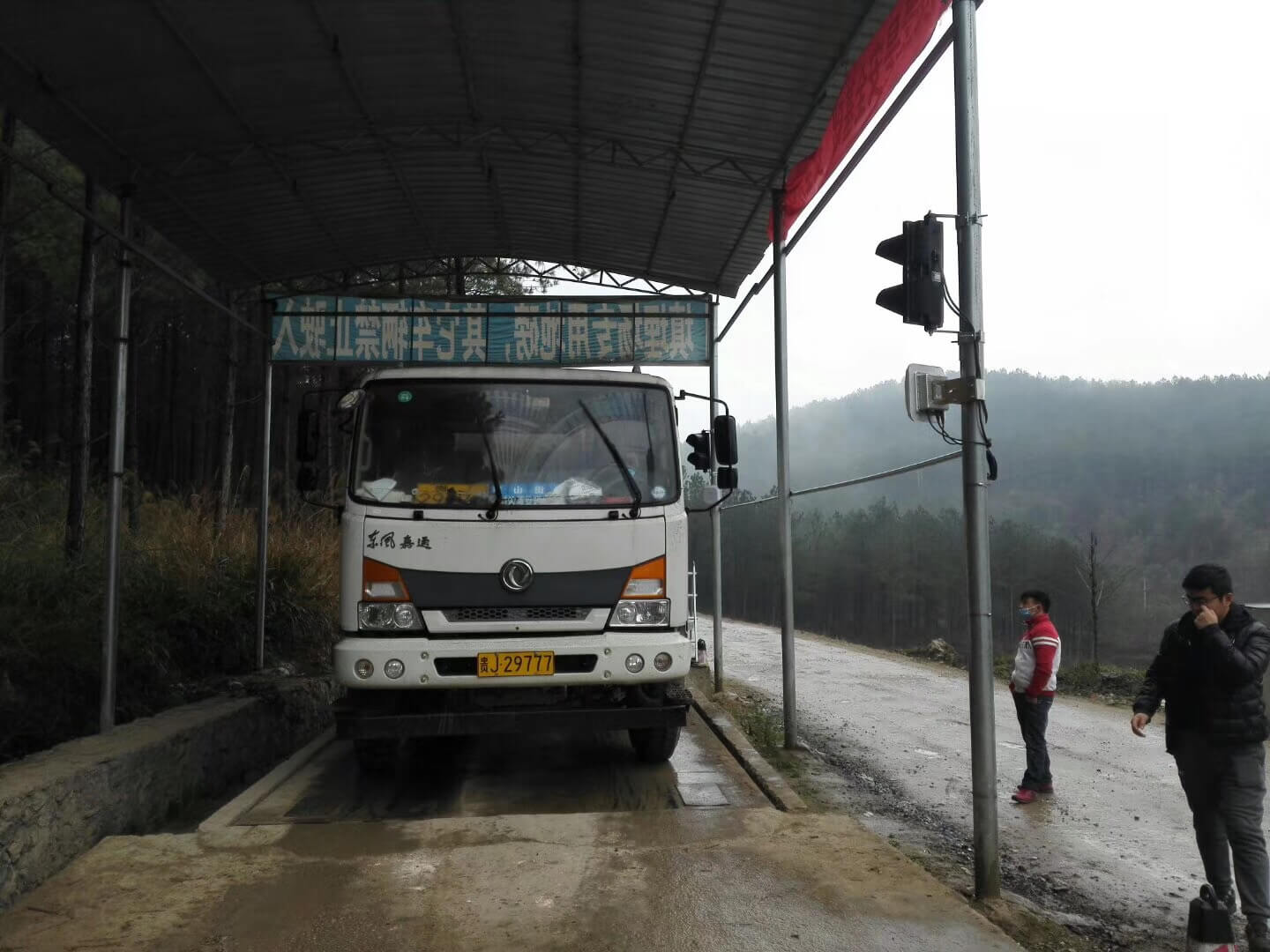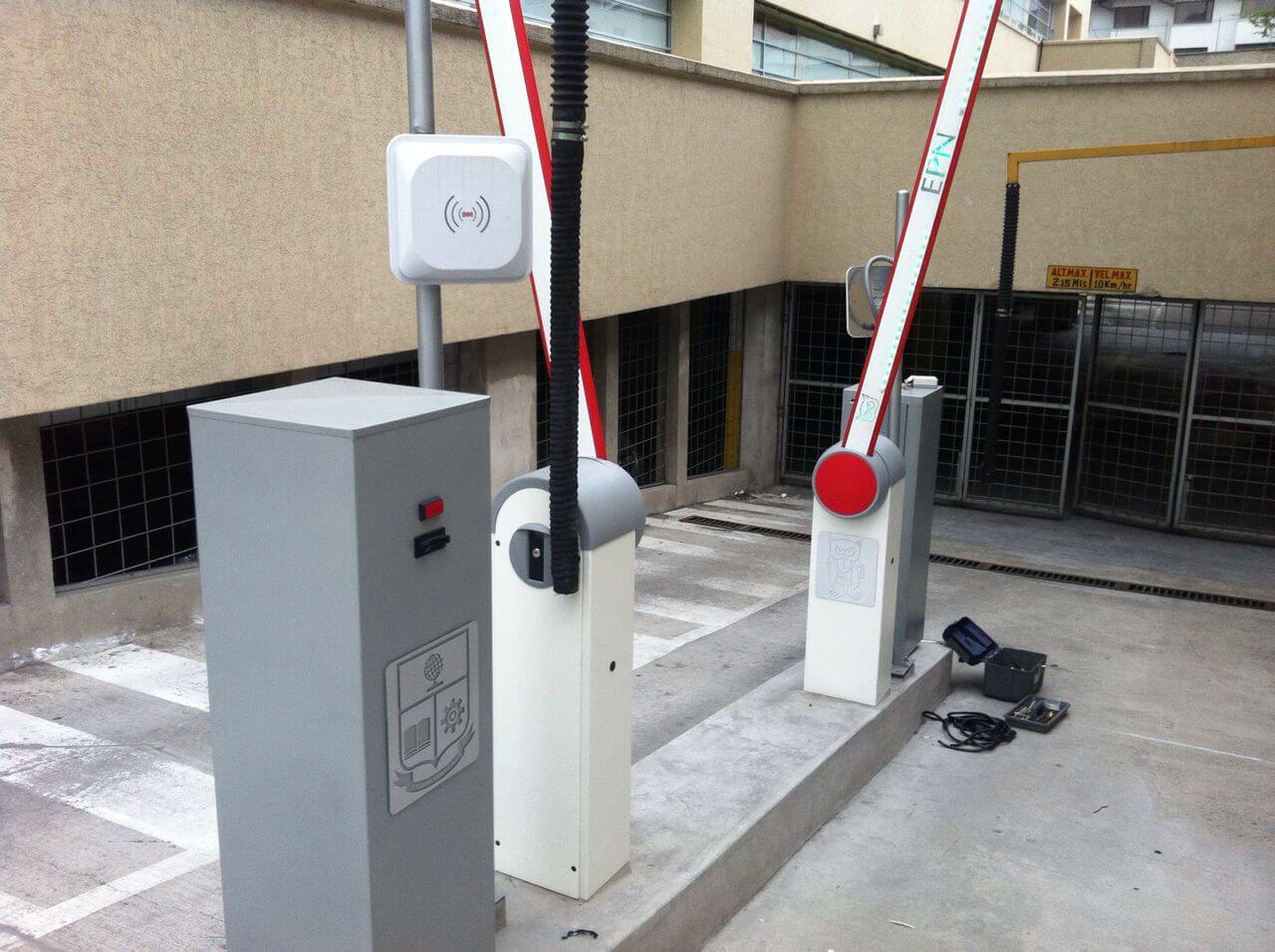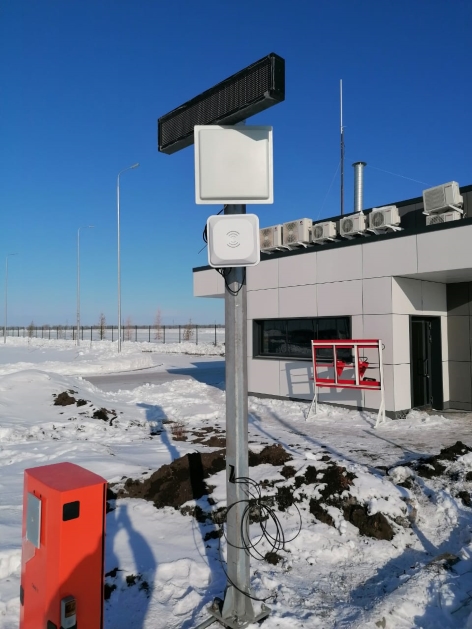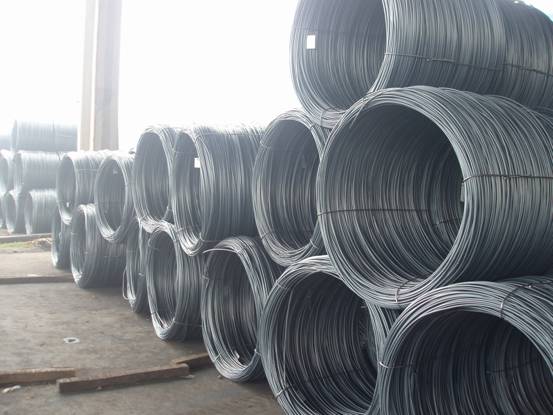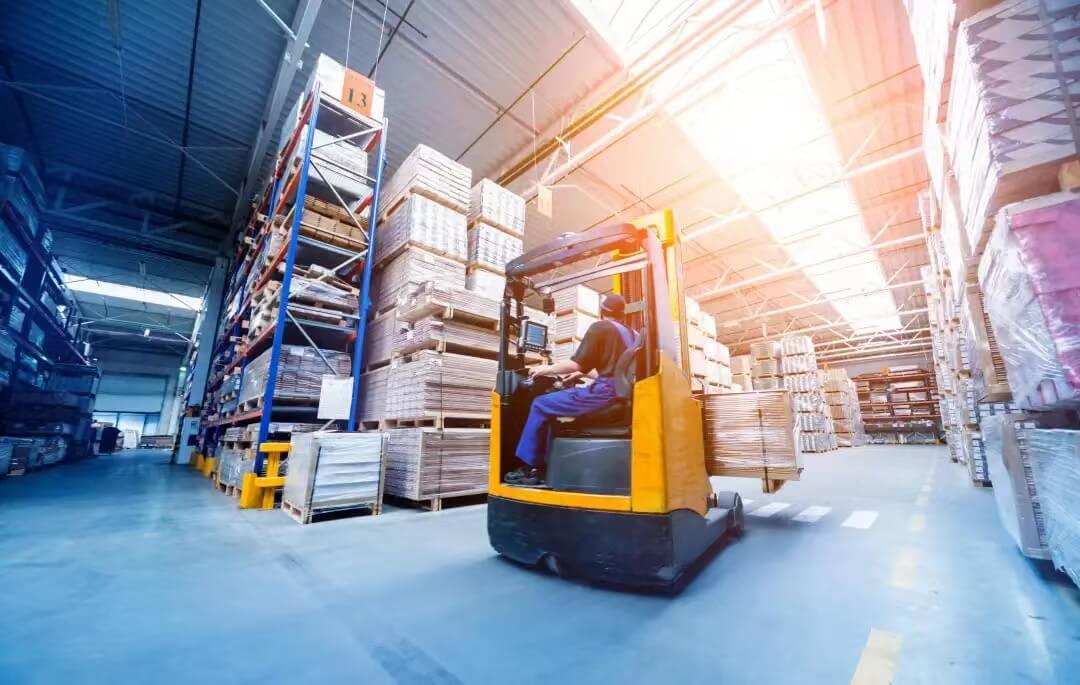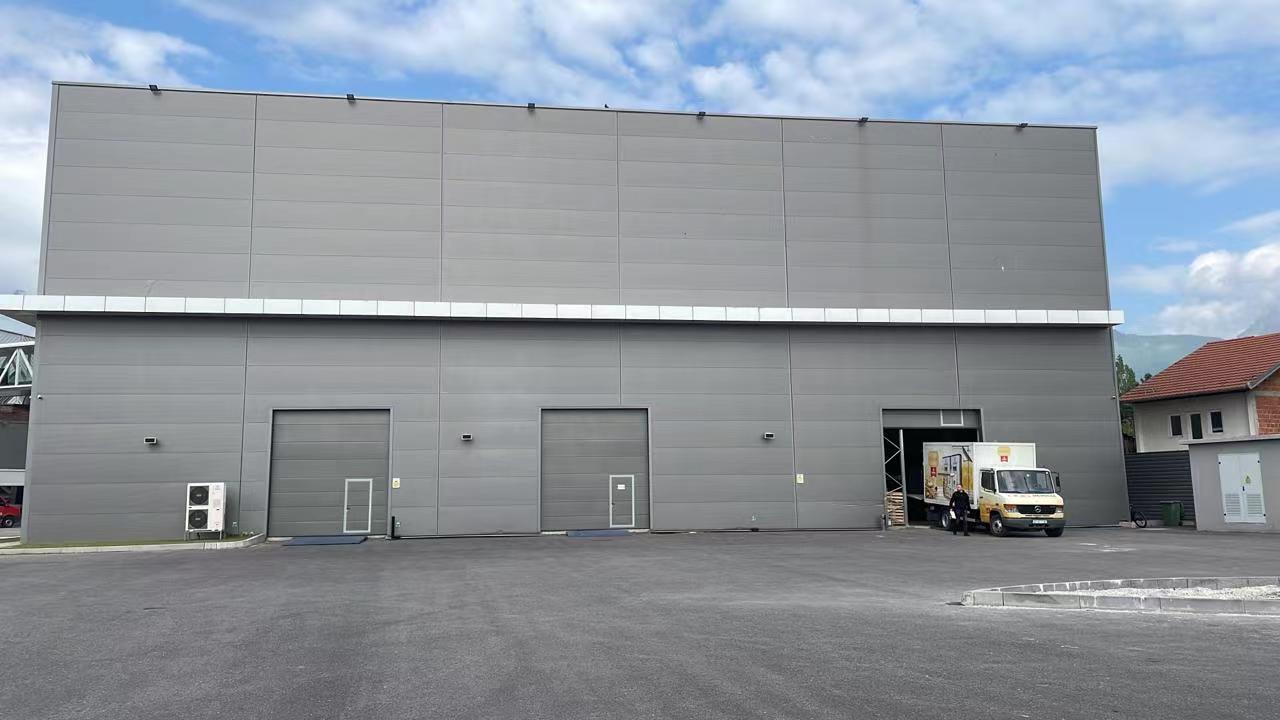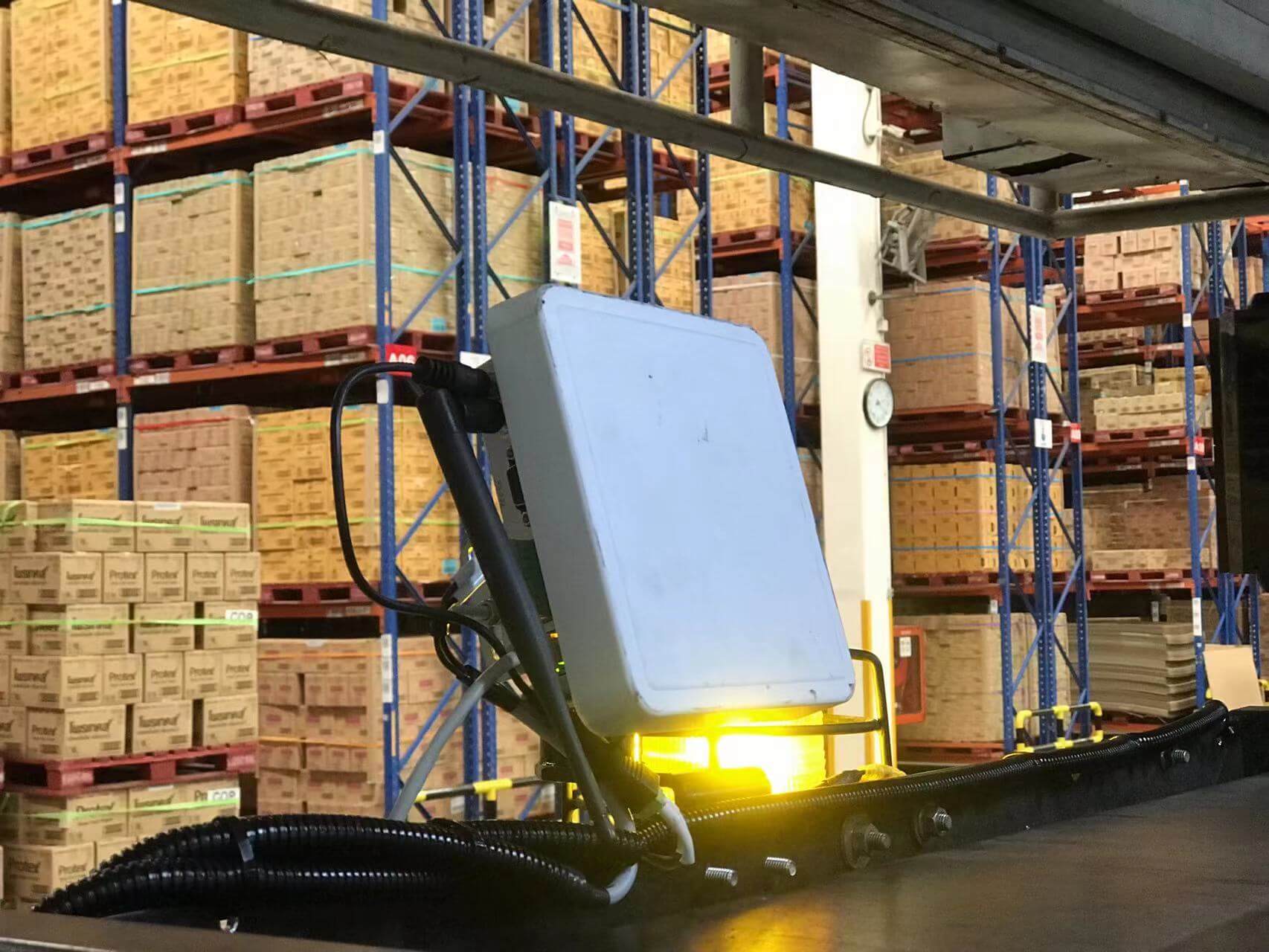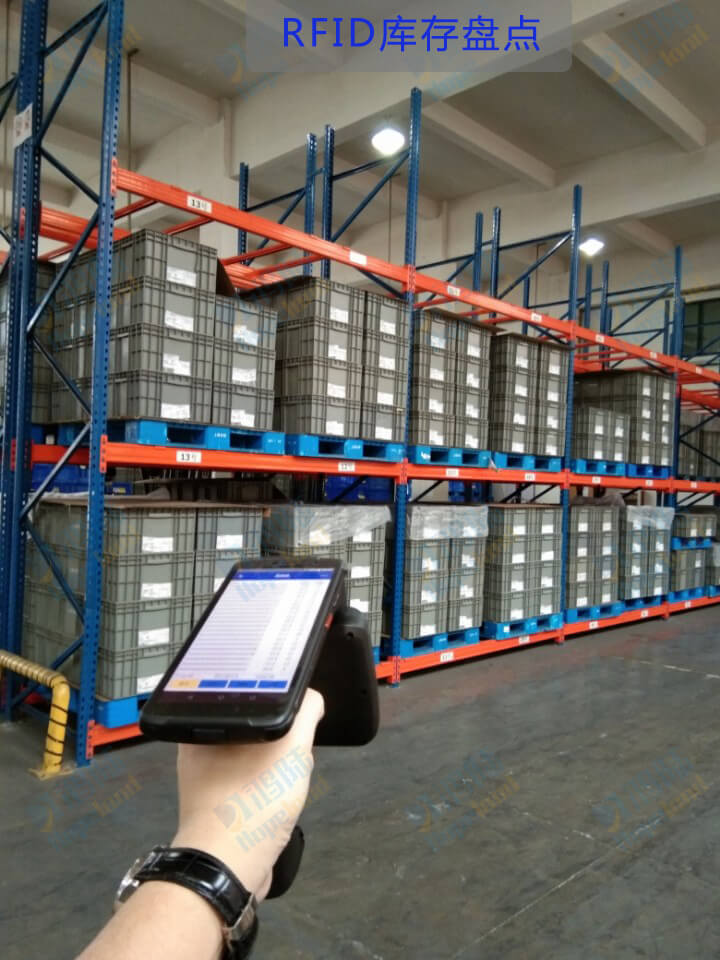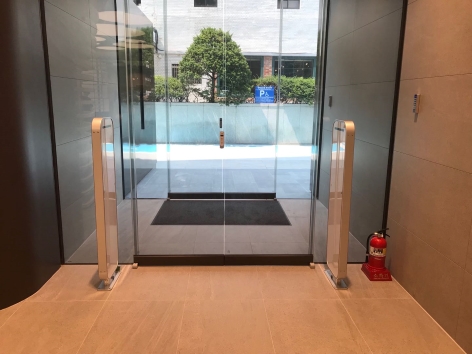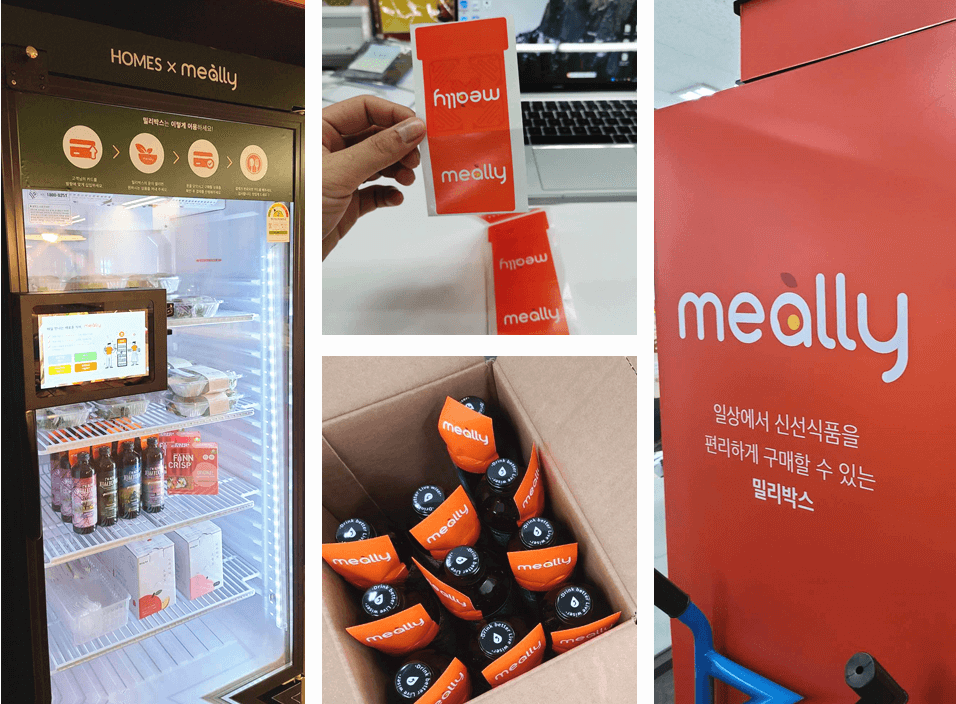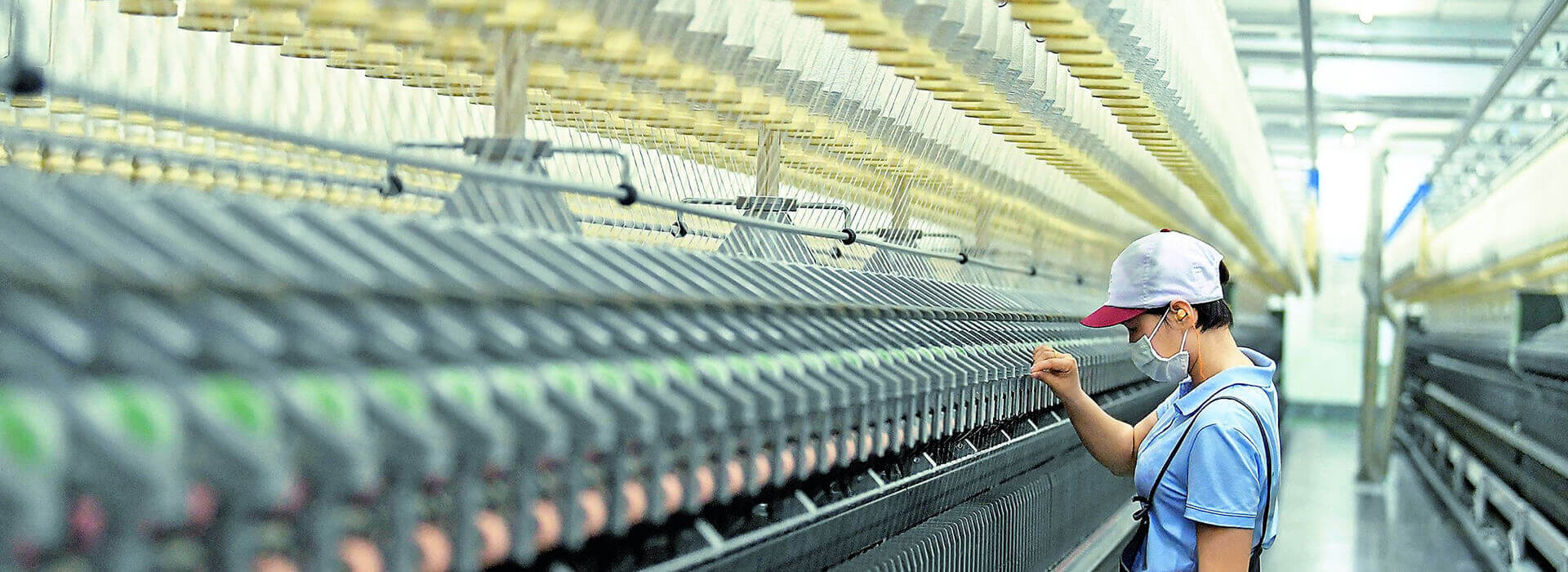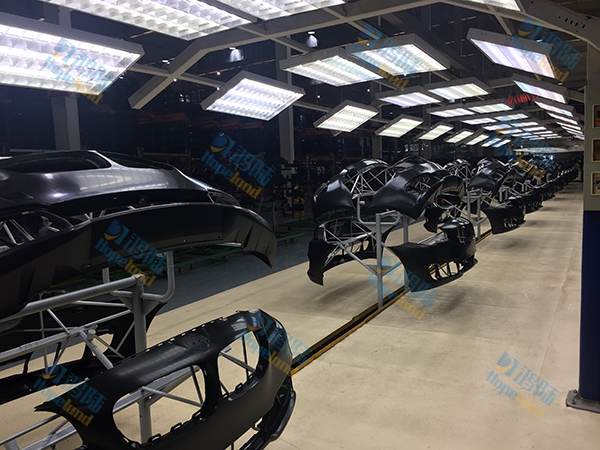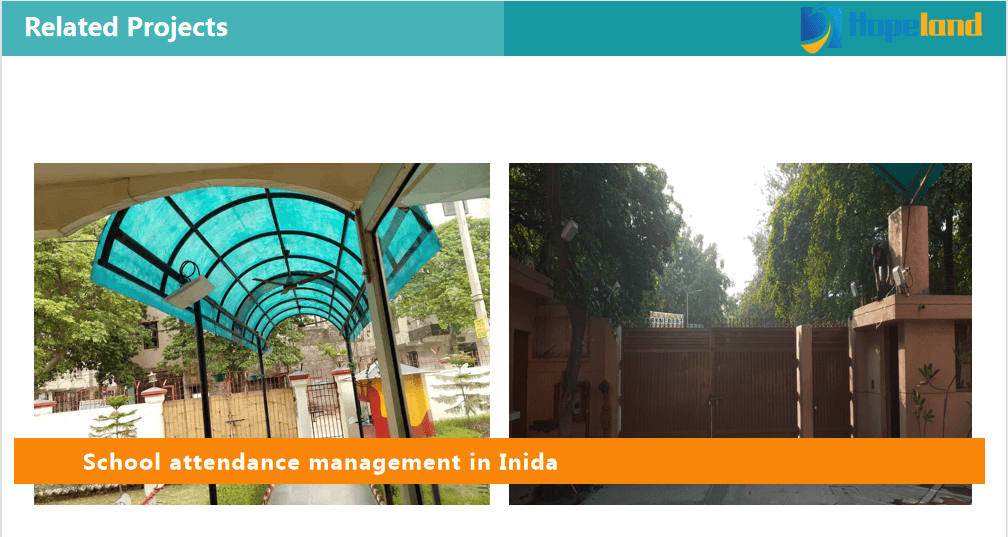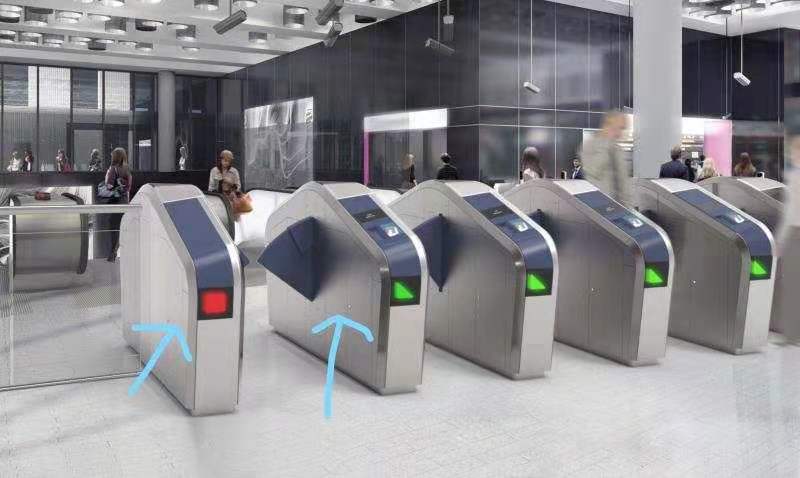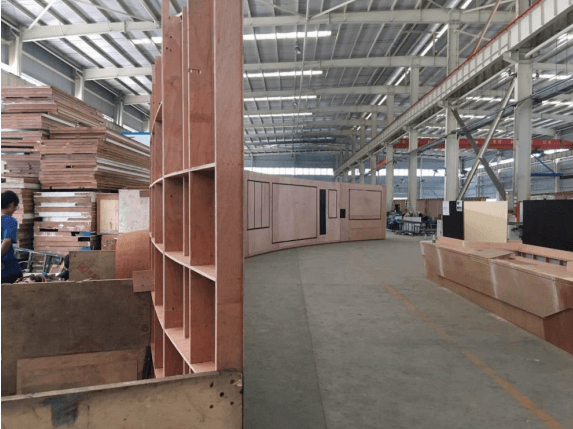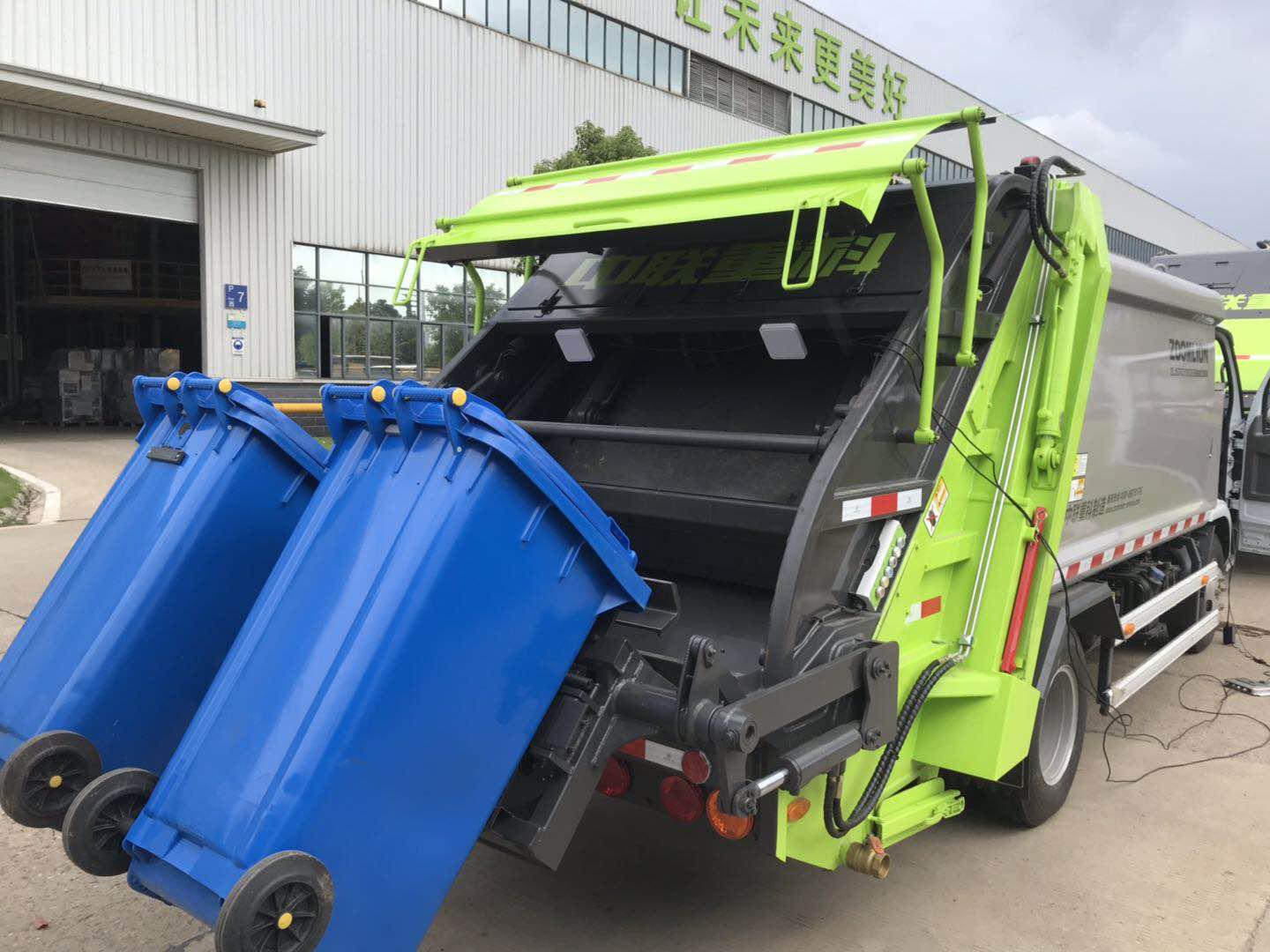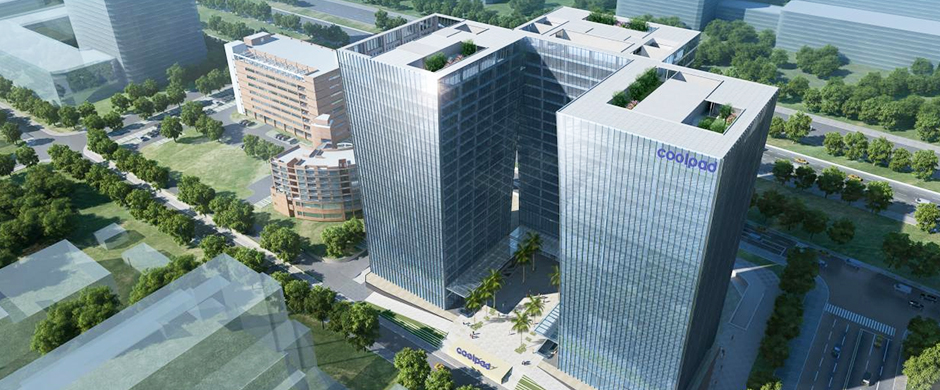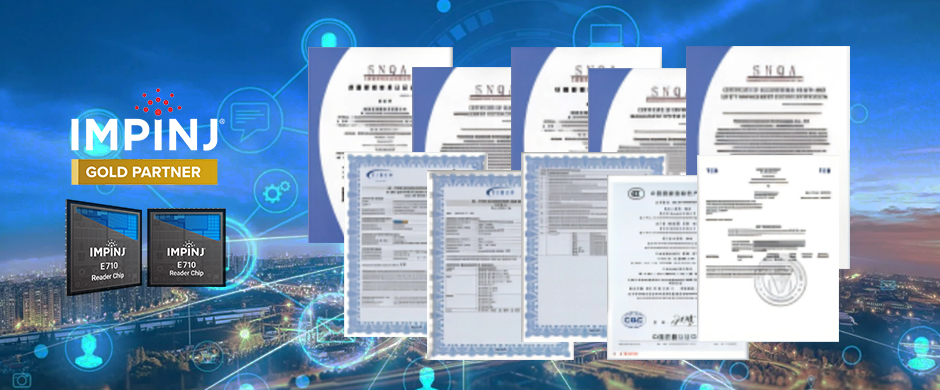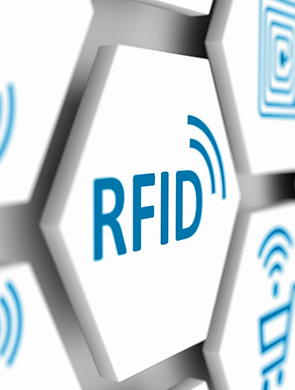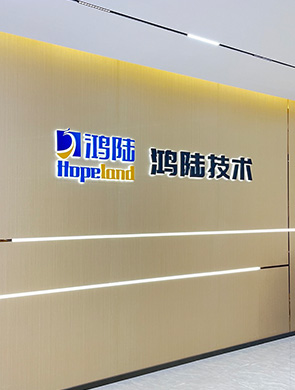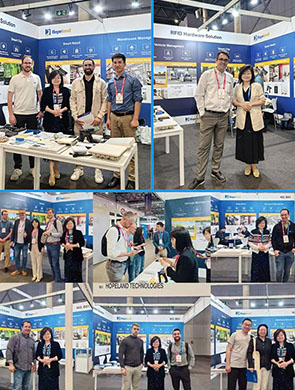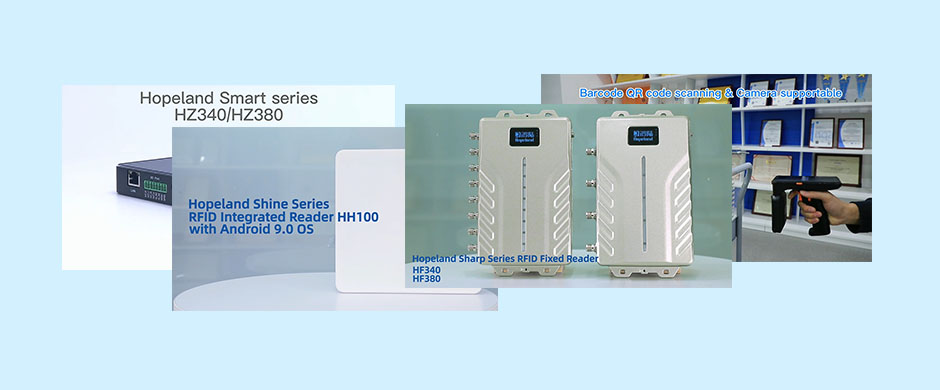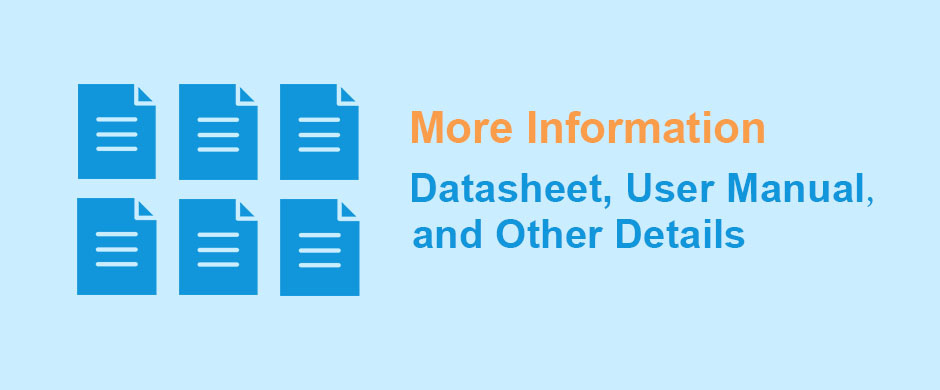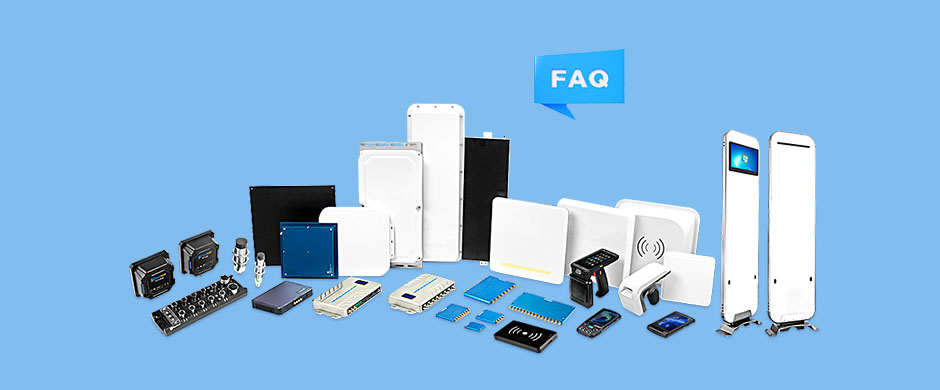Radio Frequency Identification (RFID) technology is a sophisticated wireless data transfer method that uses radio waves to identify, monitor, and manage objects and individuals. An RFID tag, also called a transponder, is connected to the object being monitored, and an RFID reader, also indicated as an interrogator, is the device responsible for reading the information on the tag.
Together, these two RFID devices make up the system. The tags themselves can either be passive, which means that they do not have their own power source and are activated by the radio waves emitted by the reader, or active, which means that they have their own power source and transmit their information either periodically or when they are prompted to do so by a reader.
The use of radio frequency identification technology has become ubiquitous across a variety of sectors, including but not limited to the transportation and logistics sectors, the healthcare sector, and the industrial sector. The retail industry is one that has profited tremendously from the use of RFID technology. The use of RFID in retail has resulted in a sea change in the ways in which inventory is managed, theft is prevented, and overall productivity is increased.
Challenges Faced by the Retail Industry
The retail industry faces numerous challenges in various aspects of its operations. In production processes, issues include high production costs, low management efficiency, difficulty producing on-demand, and production waste due to coordination issues in traditional assembly lines.
Warehousing and logistics also face hurdles, such as low inbound and outbound management efficiency, inaccurate inventory, poor bulk goods sorting and returns management, and difficulty tracking goods. Moreover, traditional warehousing practices are time-consuming, labor-intensive, and prone to errors like wrong scans, missed scans, and re-scans.
Store operations also present challenges, making taking inventory and locating goods difficult. Theft is a common issue, and addressing customers' needs is challenging. Not only that, but poor consumption experiences and suboptimal environmental conditions often hinder inventory, as items cannot remain static long enough for accurate counts.
RFID Implementation to Handle the Challenges
RFID technology is a versatile tool that can be integrated into various aspects of the retail industry, from raw materials to the final product. By combining RFID with cloud computing and big data, companies can manage the entire life cycle of a product, increasing efficiency and profitability.
- Supply Chain & Inventory Management
One of the earliest and most widespread applications of RFID in retail is in supply chain and inventory management. RFID tags on materials allow for quick identification and access to information such as material types, suppliers, delivery times, and inventory levels.
RFID in retail can also improve warehouse operations and facilitate communication between suppliers and customers. Fixed or mobile readers scan goods as they enter or leave the warehouse or are placed on shelves, which helps streamline inventory management and increase visibility. Ultimately, this enables timely supply and optimizes inventory levels, as we see in garment factories using UHF RFID for packing review and delivery confirmation.
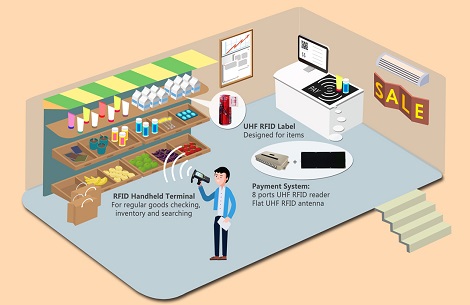
- Store & Consumer Experience Management
In-store applications of RFID technology have expanded, including quickly locating products, assisting customers in trying on items like clothes, and supporting various other functions such as inventory management, display management, and smart anti-theft measures.
Customers are able to get extensive product information and tailored suggestions based on their tastes and purchase history thanks to the dynamic display technology that is made available by RFID in retail. This technology also makes the customer experience more enjoyable.
Benefits and Values of RFIT in Retail
Below we discuss the several benefits and values of RFID in the retail supply chain:
- Production Processes: RFID increases production efficiency, tracking production costs, output, materials, time, and wages. It strengthens quality control and enables real-time monitoring of manufacturing operations for better product quality tracking.
- Logistics and Warehousing: RFID in retail optimizes supply chain management and streamlines warehouse operations, like receipt, delivery, and inventory management. It enables life-span tracking of products and standardization of logistics operations, reducing operation time and labor costs while minimizing delivery errors.
- Store Operations: The use of RFID technology in the retail sector improves store operations through timely replenishment, anti-counterfeiting, intelligent anti-theft measures, and slow-moving goods tracking. Furthermore, it provides unique electronic labels to prevent counterfeiting and ensures accurate inventory management.
Remember that the cost of implementing RFID tags is outweighed by the overall benefits across the entire retail supply chain, which makes it a valuable investment for the industry.
RFID Devices Provided by Hopeland
Hopeland is a leading provider of RFID solutions for various industries, including retail, and its product range includes handheld RFID readers, fixed RFID readers, RFID antennas, RFID tags, and RFID software. Here are some of the most significant RFID devices we provide at Hopeland:
Smart HZ580 UHF RFID Module
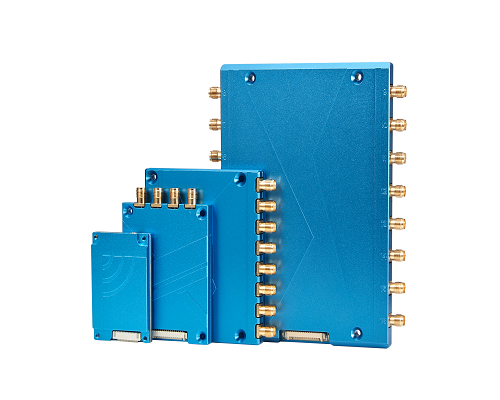
The Hopeland Smart-580 UHF RFID module is a highly recommended RFID device. Based on the Impinj E710 chipset, this powerful and compact module offers excellent performance, delivering up to 30dBm RF power and supporting dense reader mode (DRM) for optimal tag reading in challenging environments. Its user-friendly interface, with integrated GPIO, UART, and USB ports, allows for seamless integration with various applications, while the multi-tag identification feature enables efficient inventory management. The Smart-580's compatibility with global frequency bands makes it versatile for logistics, warehousing, asset tracking, and retail.
RFID HH380 Fixed Reader
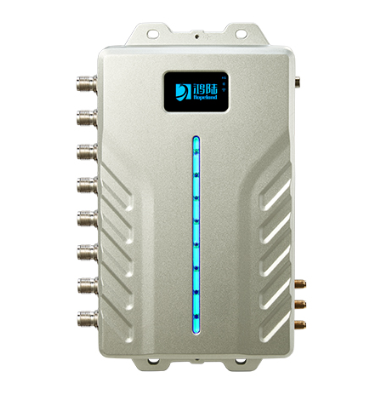
Hopeland RFID HH380 Fixed Reader is designed for IoT applications and excels in inventory management, vehicle management, and access control. The HH380 boasts a 33ft (10m) read range, perfect for large-scale operations, and supports up to 8 TNC antennae, ensuring excellent coverage. With its Impinj E710 chip, the reader offers high performance, stable reading capabilities, and an IP66-rated protective casing for durability and reliability in various environments. In addition, the HH380 supports multiple communication interfaces, including WiFi, Bluetooth, and Ethernet, providing the flexibility and versatility required in today's connected world.
About Hopeland
As a premier organization in the RFID technology industry, Hopeland stands out as a nationally-recognized high-tech enterprise, holding several certifications and patents. Established in 2009, we at Hopeland have focused on the R&D of RFID products to provide optimal solutions for various industries, including RFID in retail.

